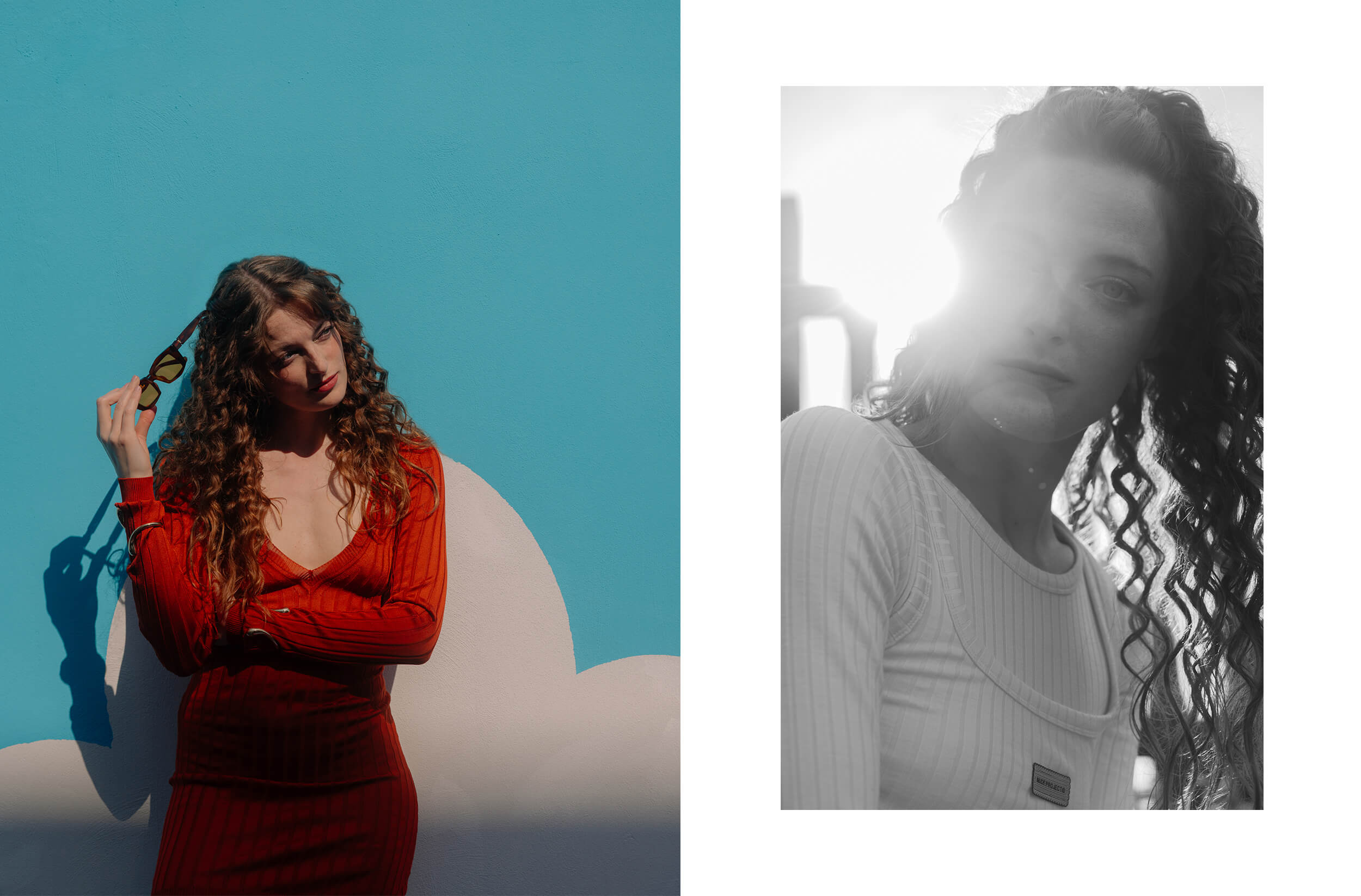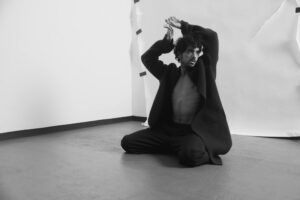There’s something magical about the way Anna Manuelli talks about cinema. Perhaps it’s precisely her ability to preserve wonder that has taken her from theatrical backstages to international productions, from the trenches of “SAS: Rogue Heroes” to the streets of “Gangs of Milano”.
Anna represents a new generation of Italian performers capable of moving naturally between different dimensions. During our chat, she shared herself without filters: from her experience on the Croatian set where she played a Sicilian partisan, to returning to the role of the complex Isa. Between funny anecdotes and deep reflections, emerges an artist who has made her own “rebellion” – following dreams against all logic of security – the key to opening impossible doors.
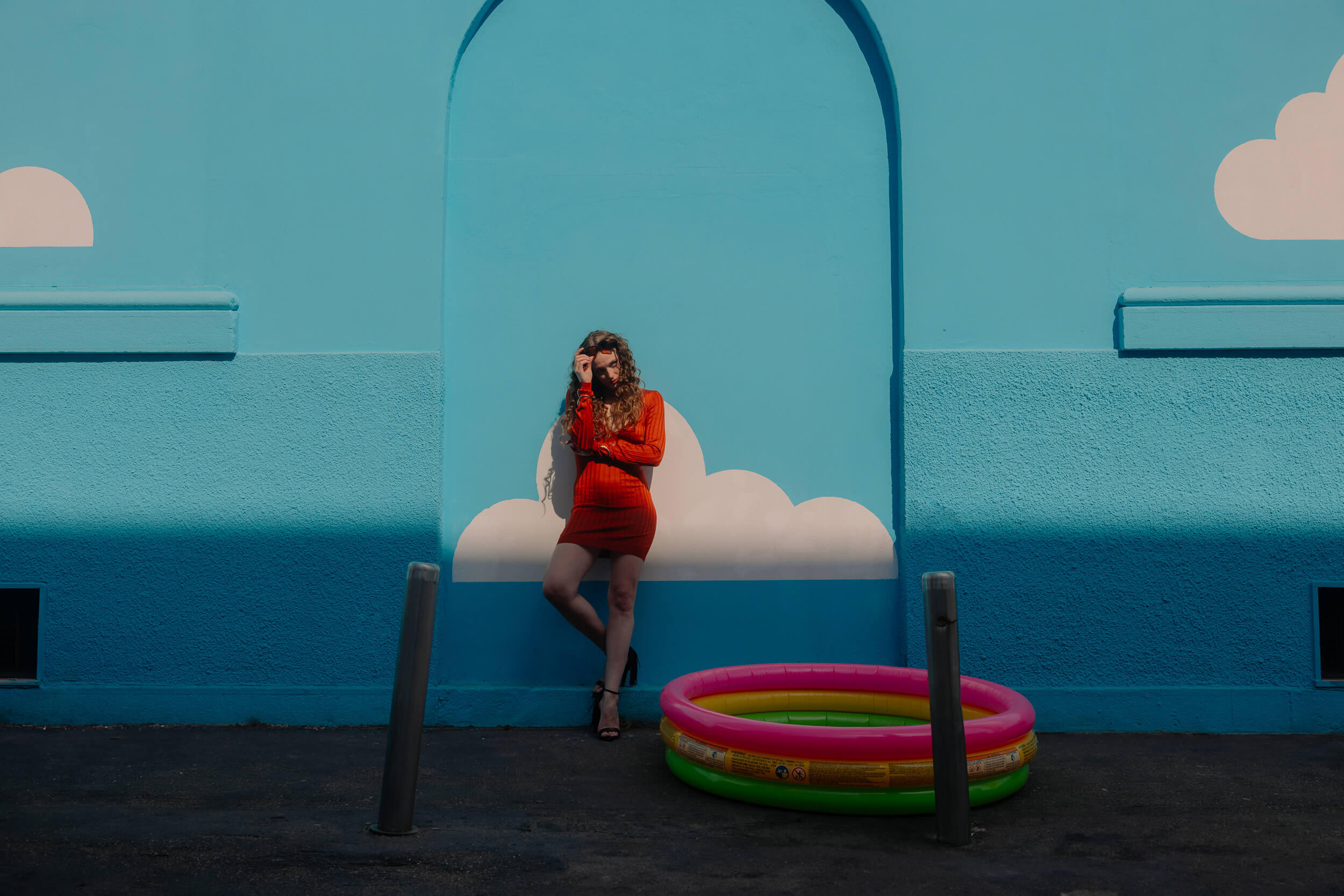
What’s your first memory related to cinema?
When I was a child and watched films that struck me, I got excited, I felt part of those worlds. Among my first memories of this kind is “The Lord of the Rings“, all the great sagas, actually, that you watch and think, “Wow, what a wonderful world”. A world I don’t belong to, but one I’d love to belong to.
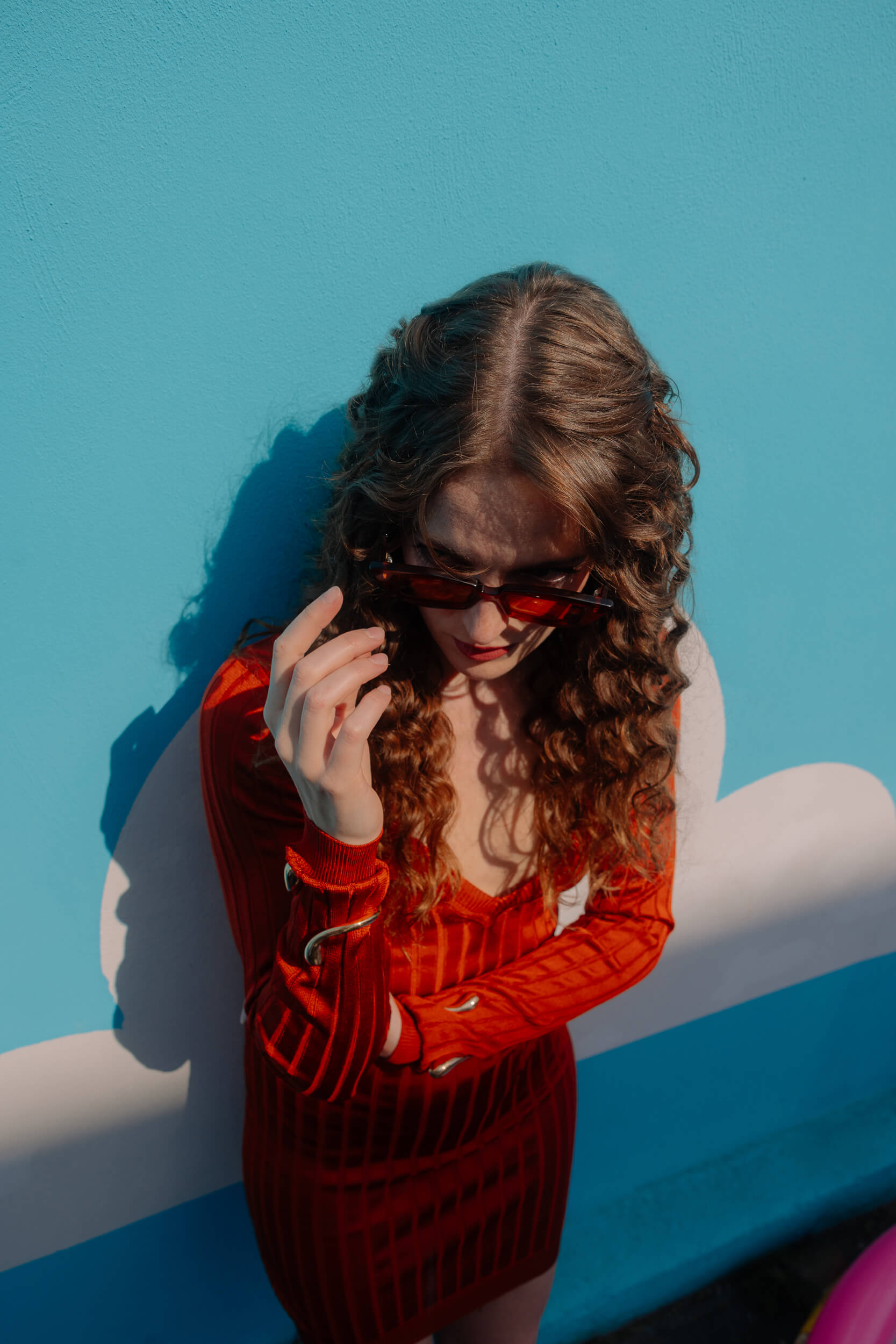
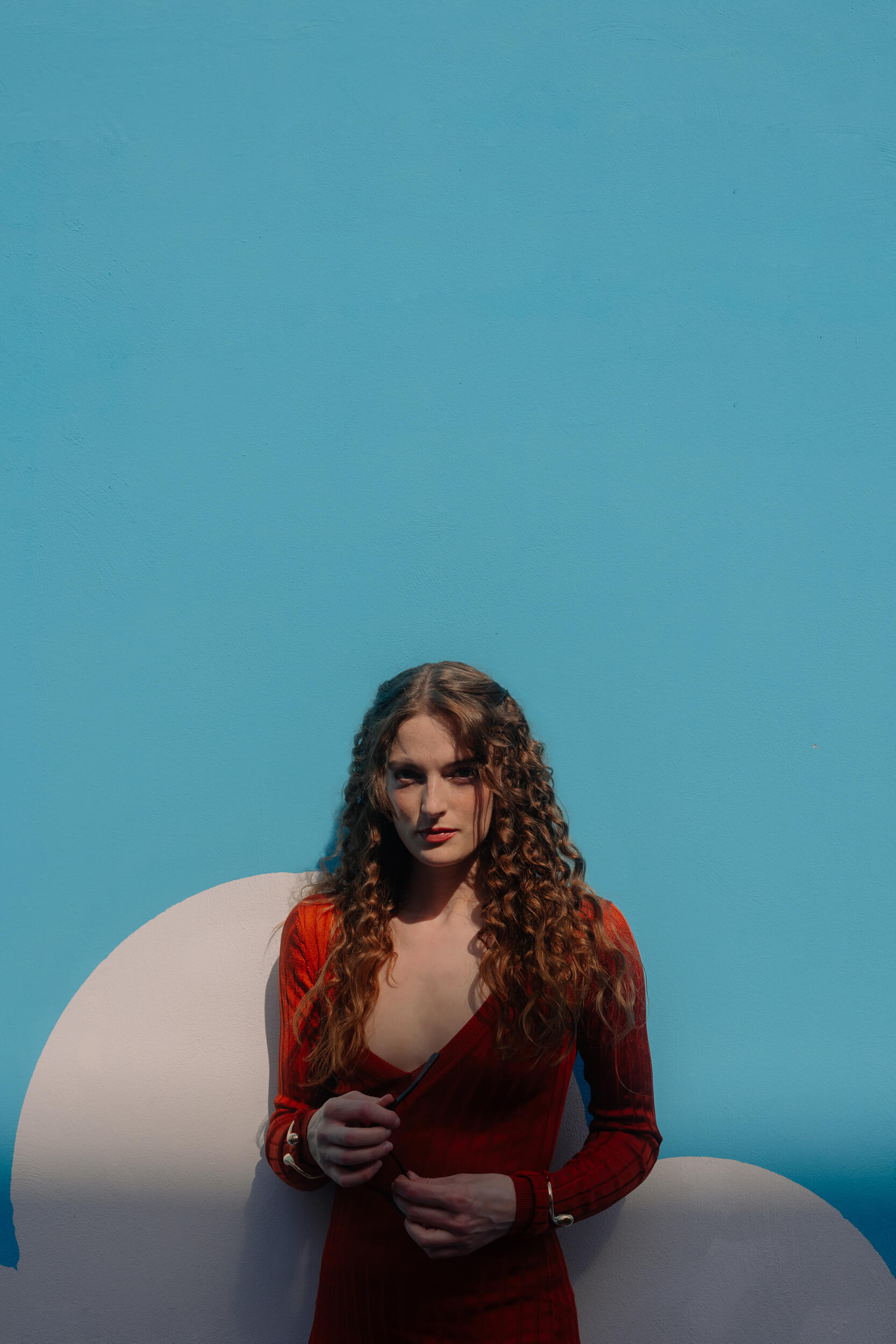
Now, in “SAS: Rogue Heroes” you play a Sicilian partisan. How was it working in such a complex historical and international context?
It was very beautiful, very exciting. The project is created by Steven Knight, of whom I’m a big fan, so for me it was really a great achievement to be there. Then it was also interesting because the series is set during World War II, and there’s so much to say about that context. Being able to play a partisan was really beautiful, your heart fills with the thought that these hundreds of thousands of people lived lives that were really very far from ours, with an urgency to act, to do something concrete to make the situation a bit more livable. It’s regenerating to immerse yourself in these characters, who make you reflect on how these people really lived: they were people like us, but living in a totally different context, full of difficulties, so they are examples of incredible courage.
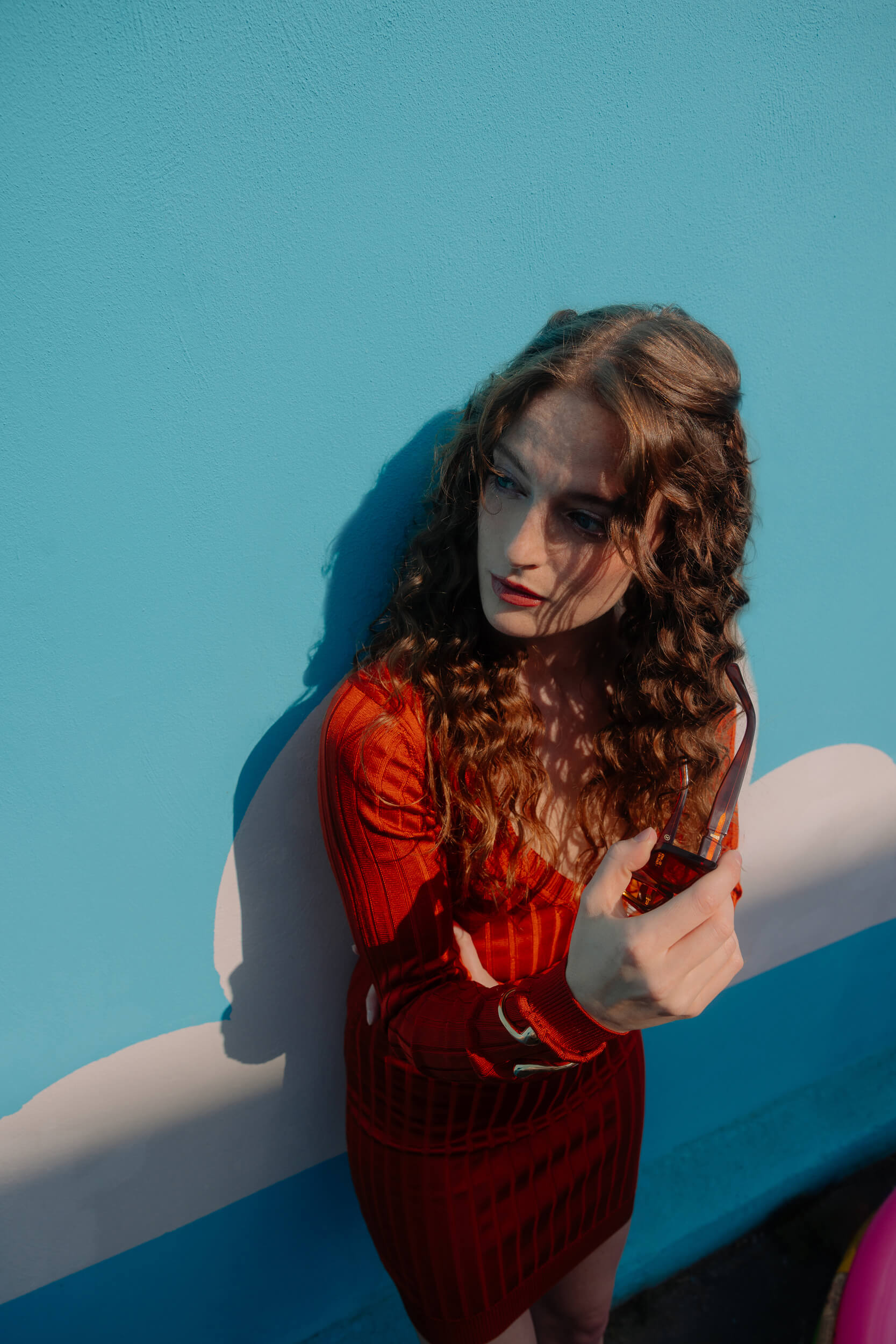
“It’s regenerating to immerse yourself in these characters, who make you reflect on how these people really lived”
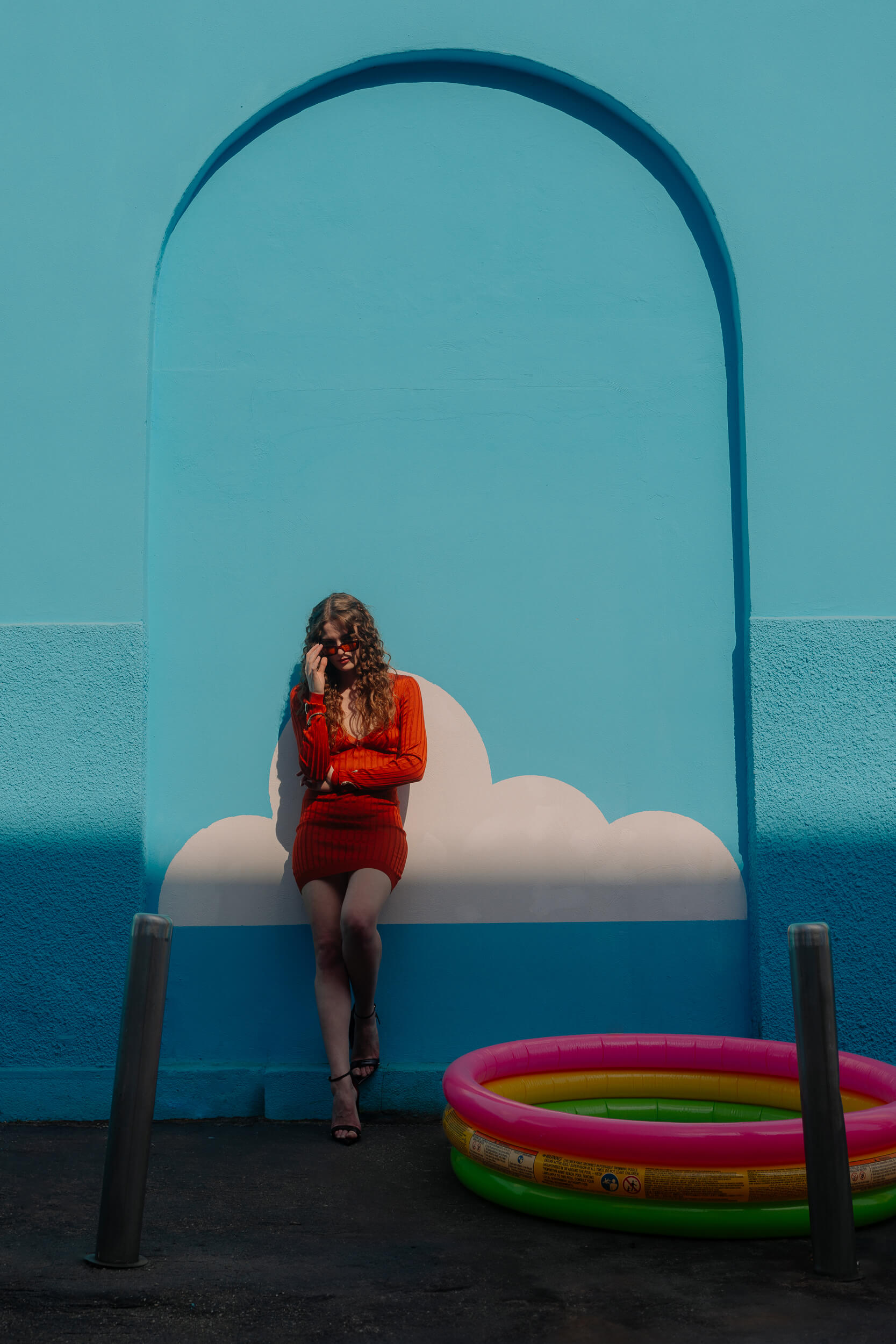
Did you immediately feel comfortable with an international production or were there particular challenges? And how did you face them?
I must say it was a very beautiful environment, and despite the rest of the cast already knowing each other, because they had already shot the first season, they were welcoming, kind to me, so I felt great. Plus, we were in Croatia, in a beautiful setting!

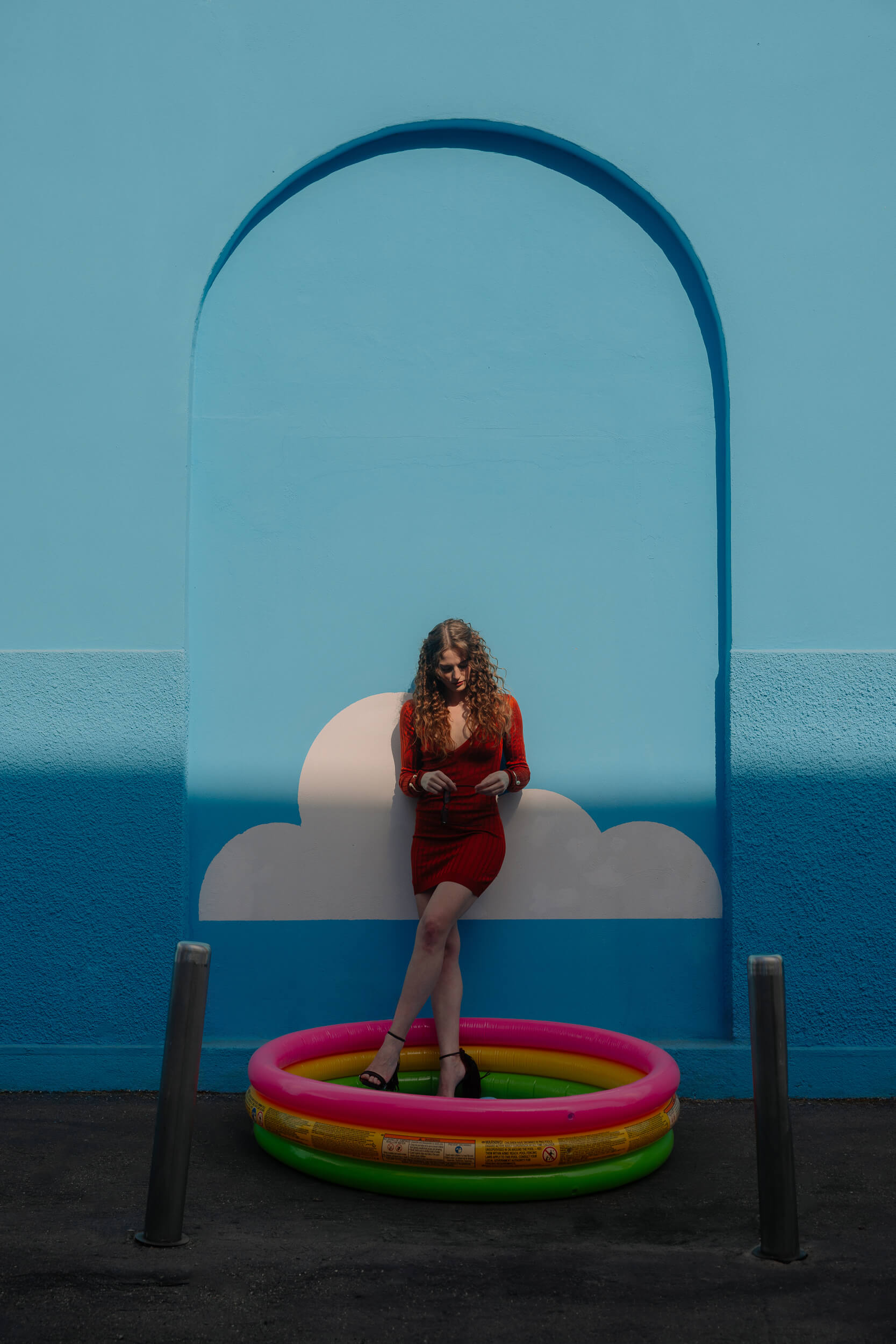
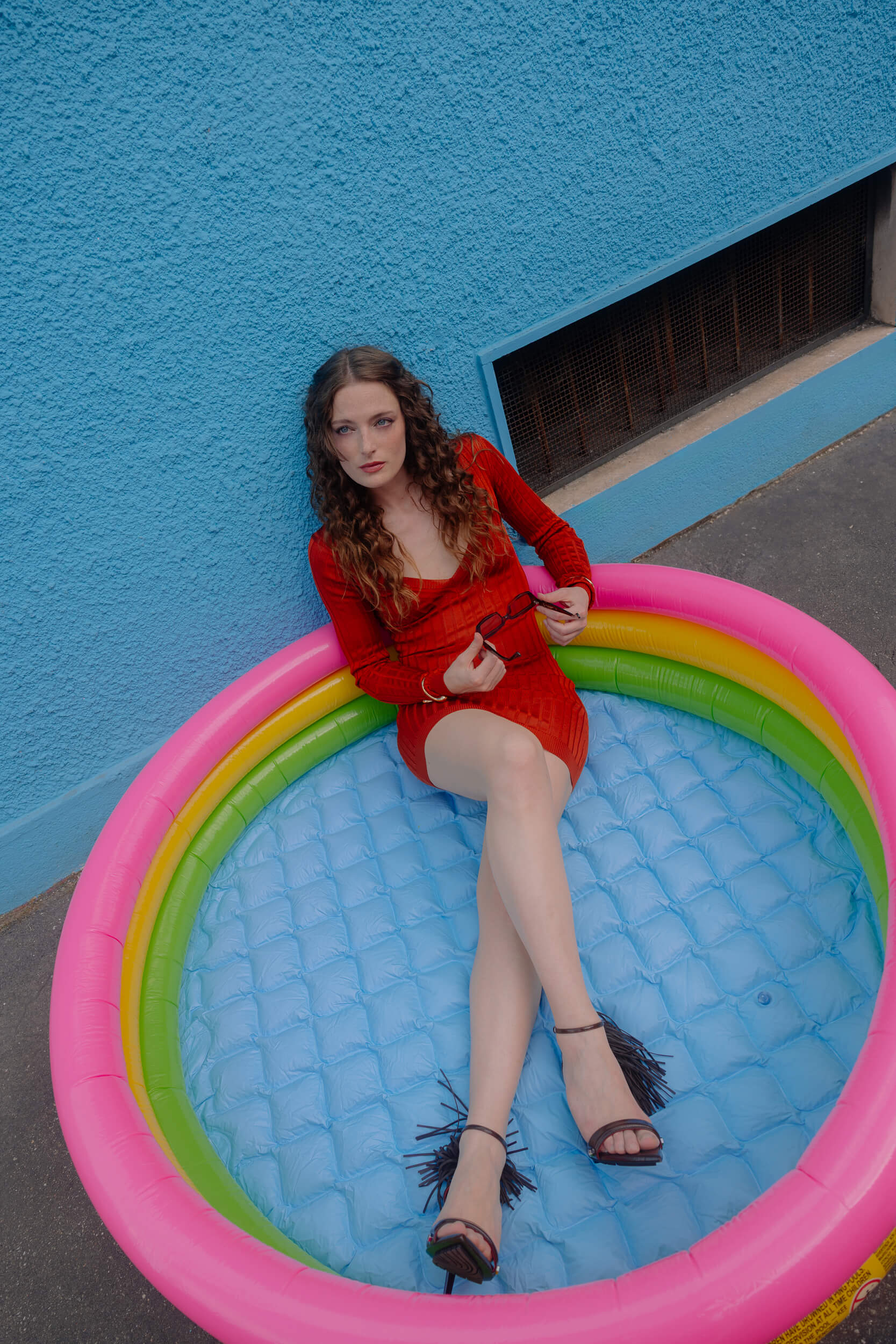
Steven Knight, whom we mentioned earlier, is known for his care in writing and character construction. How was it working on one of his projects?
Steven’s talent is truly extraordinary, his way of writing and creating stories is unique, it makes you think: but what’s inside that head? So, it was very fascinating.
I must say that on that set I never felt like “the new one“. It was a relief, because obviously I was worried, before leaving. Among other things, I received the news that I would be part of the project really close to the start of filming. In a rush, therefore, I watched the first season, then left for Croatia with the anxiety that I would find a compact group of people who had already worked together, who all already knew each other. Instead, from a human point of view it was really beautiful, and therefore also work-wise, because then the two things always go hand in hand.
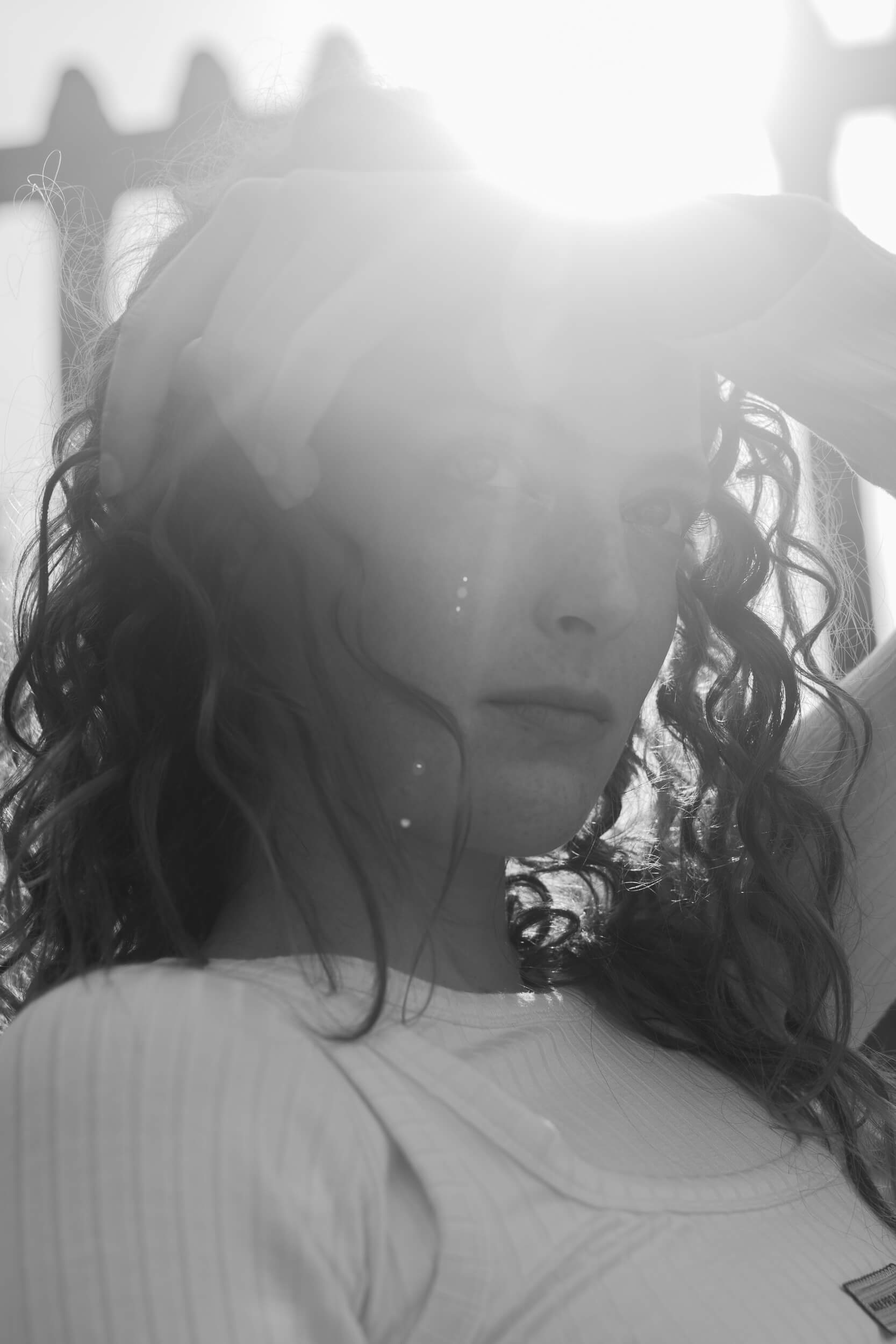
Did you have to face action scenes that were particularly complex and physically demanding for you?
There were quite a few war scenes, often it took us two or three days to shoot a single scene. I had a 1940s machine gun always on my shoulder, I had to run, maybe throw myself into a trench… The action scenes were beautiful and the special effects were incredible too. You really felt like you were in a trench, the bullets seemed to really arrive behind your head, you heard and saw things as if they were really happening around you.
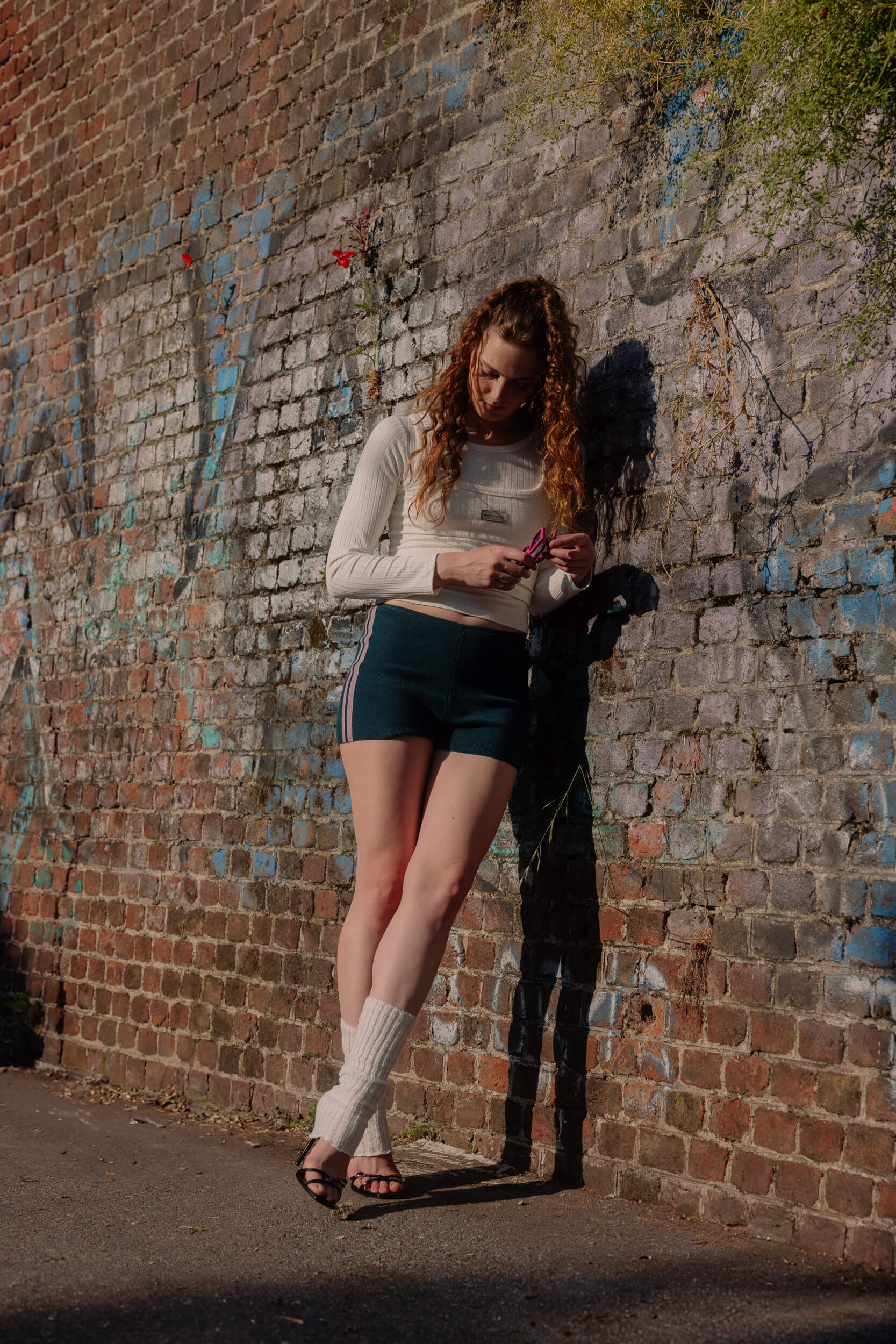
Did you study with a trainer or coach who specifically trained you for this?
Yes, we had a lesson with weapons masters to understand how to use weapons, precisely, because it’s not a totally “safe” thing, you have to be very careful with the trigger, etc.
The first day on set, I remember, I had so much adrenaline on me, it seemed like I was really at war. That first day was exhilarating, I must say. Plus, I’ve always loved action films.
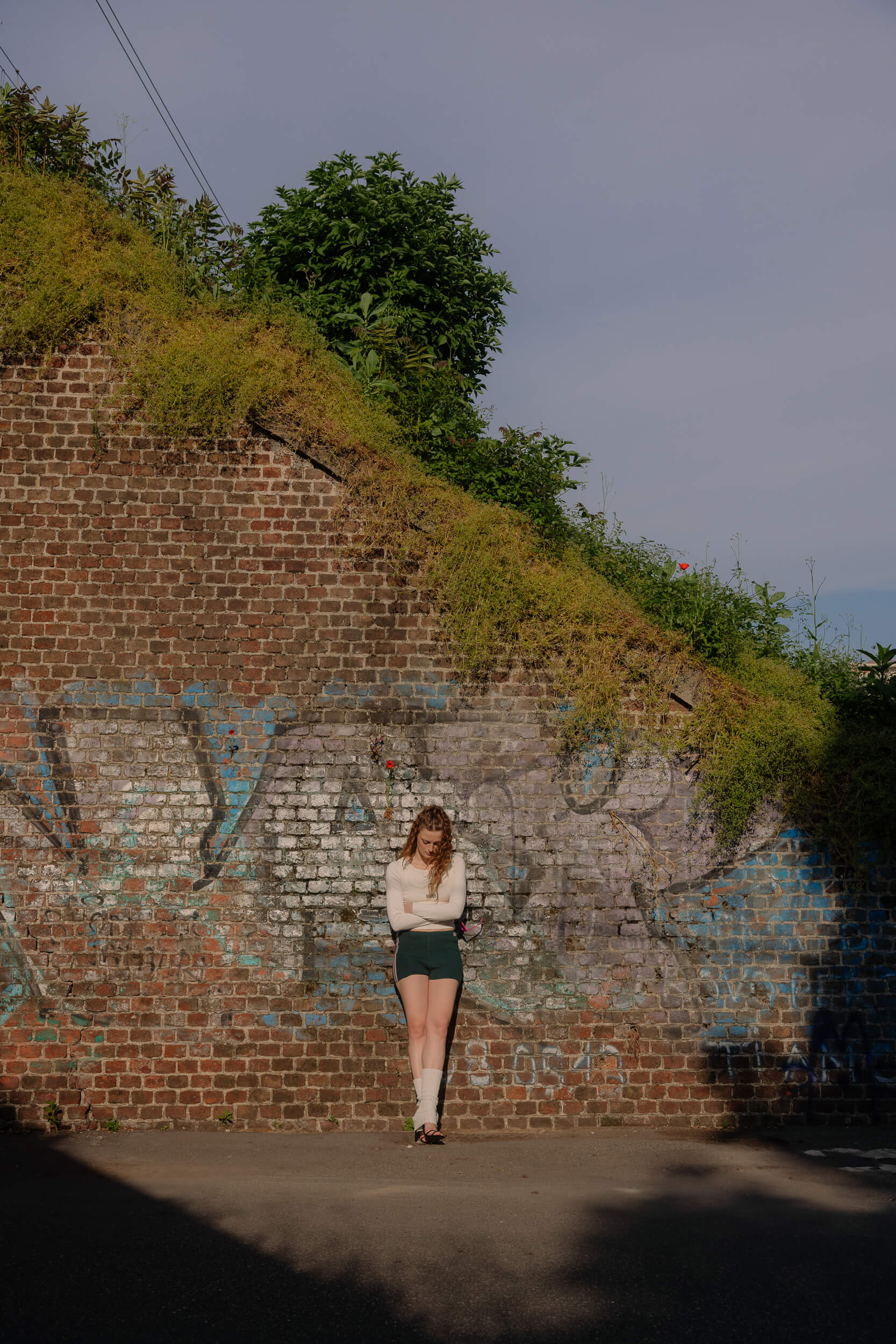
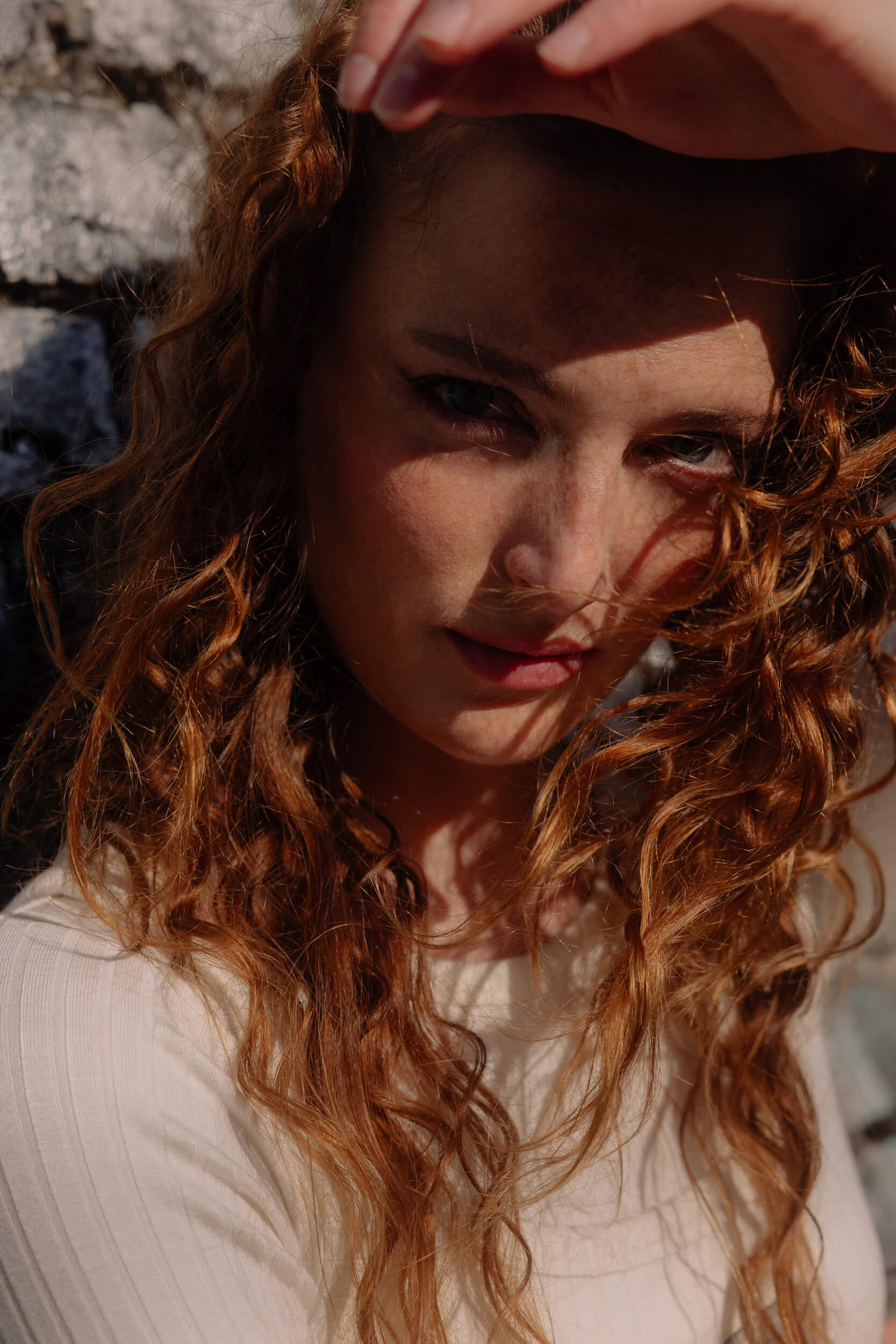
How important was it for you to tell the story of Italian resistance through an international production like this?
It was very exciting to deal with such important and fundamental themes for our history. Mine was a character that represented an entire slice of Italy that fought with everything it had for justice and for everyone’s good. It was also interesting to explore the concept of the ability to put yourself on the line in a life or death situation. I hope this project can also be useful nowadays, to learn to take positions in one’s life, to not repeat some mistakes.
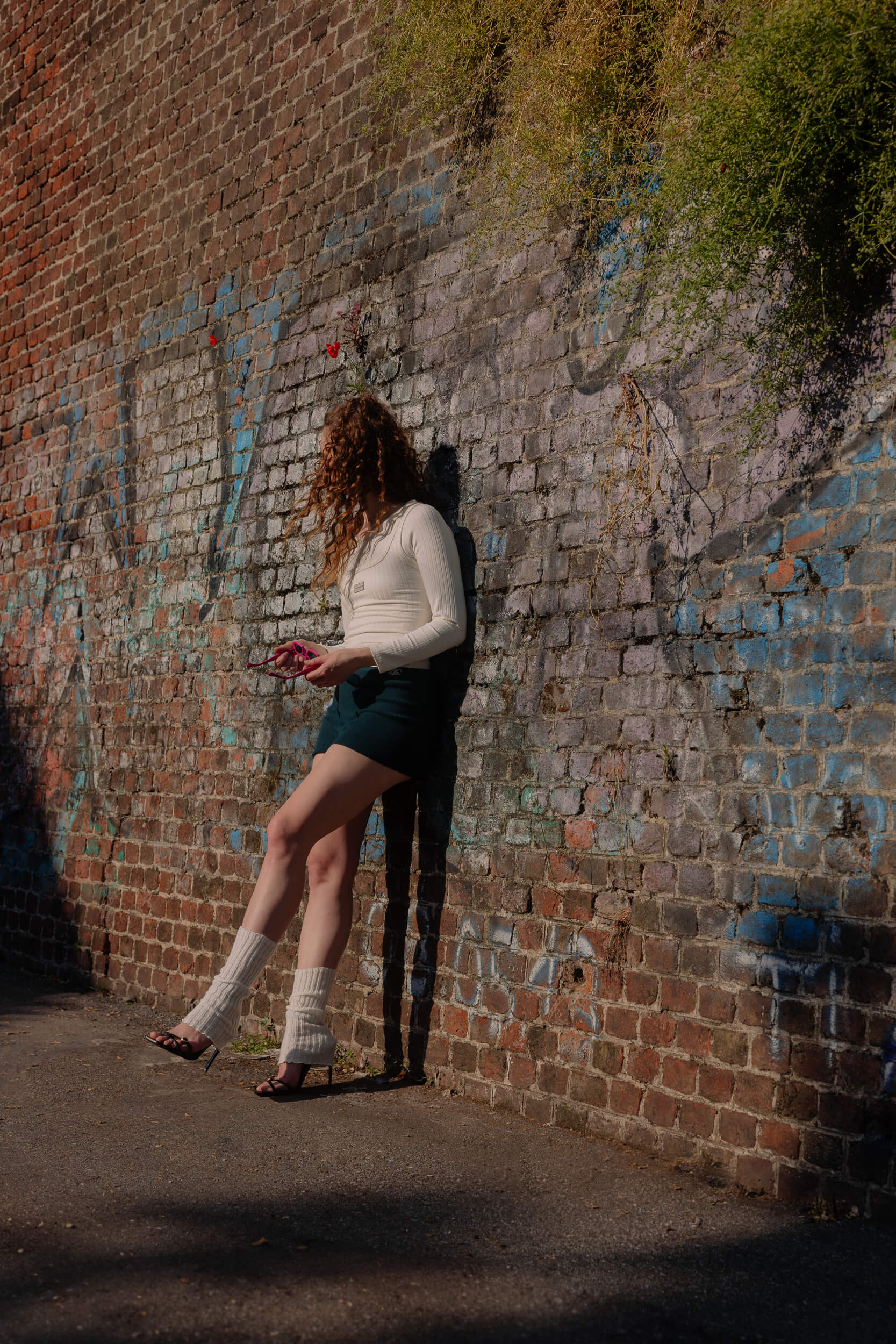
“I hope this project can also be useful nowadays, to learn to take positions in one’s life”
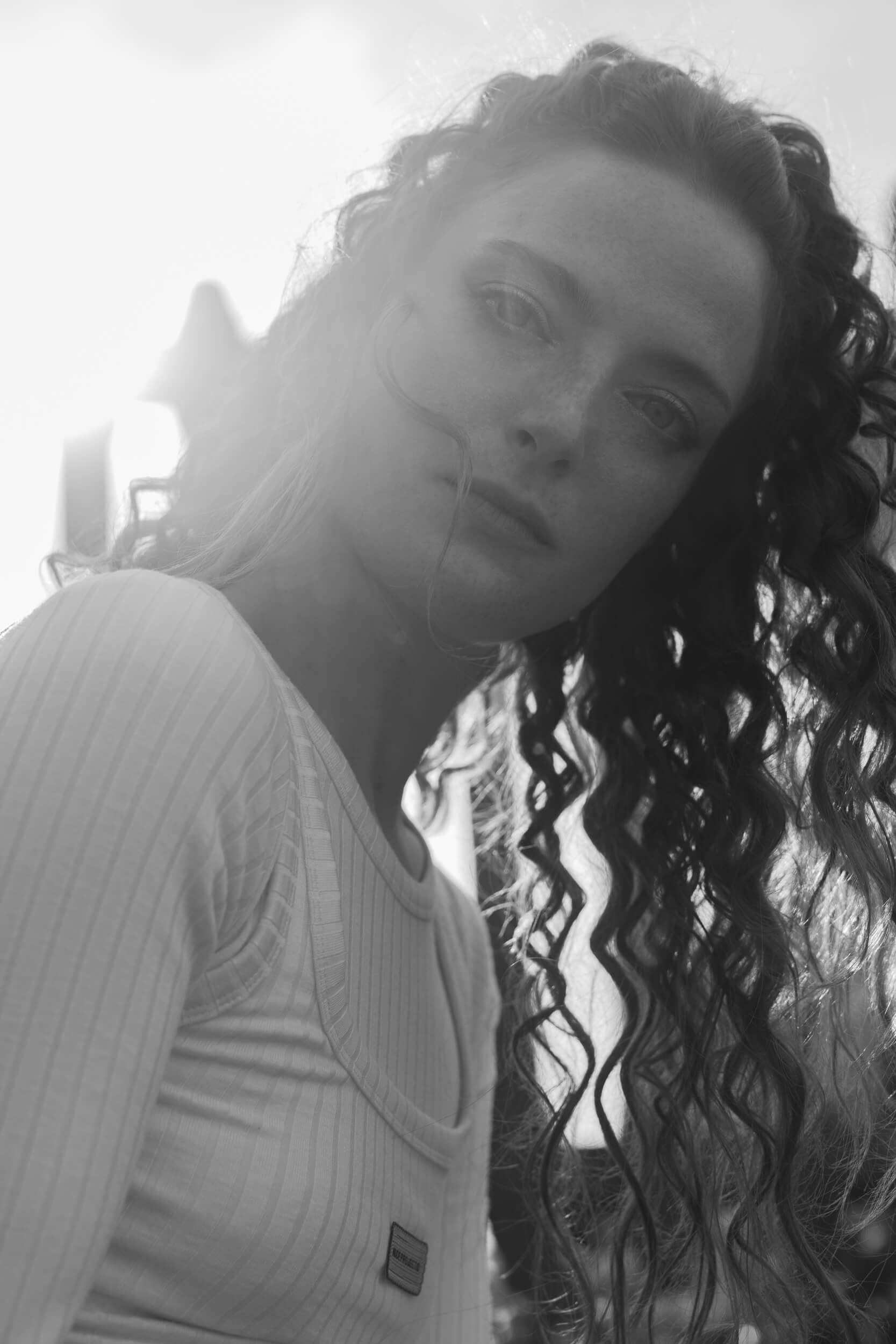
Was there a moment, or a particular scene that you have anecdotes to tell about?
There was a scene where two actors had to hold a donkey each with ropes.
I was there too, we had to walk with the camera preceding us, but the donkeys, obviously, did what they wanted. At one point there was a dialogue where I had to address the other actor: I turn towards him, therefore, expecting him to be next to me, and instead I find him a hundred meters behind, because the little donkey had stopped [laughs]. Obviously it’s not easy to make a donkey move when it stops, so that moment was comical!
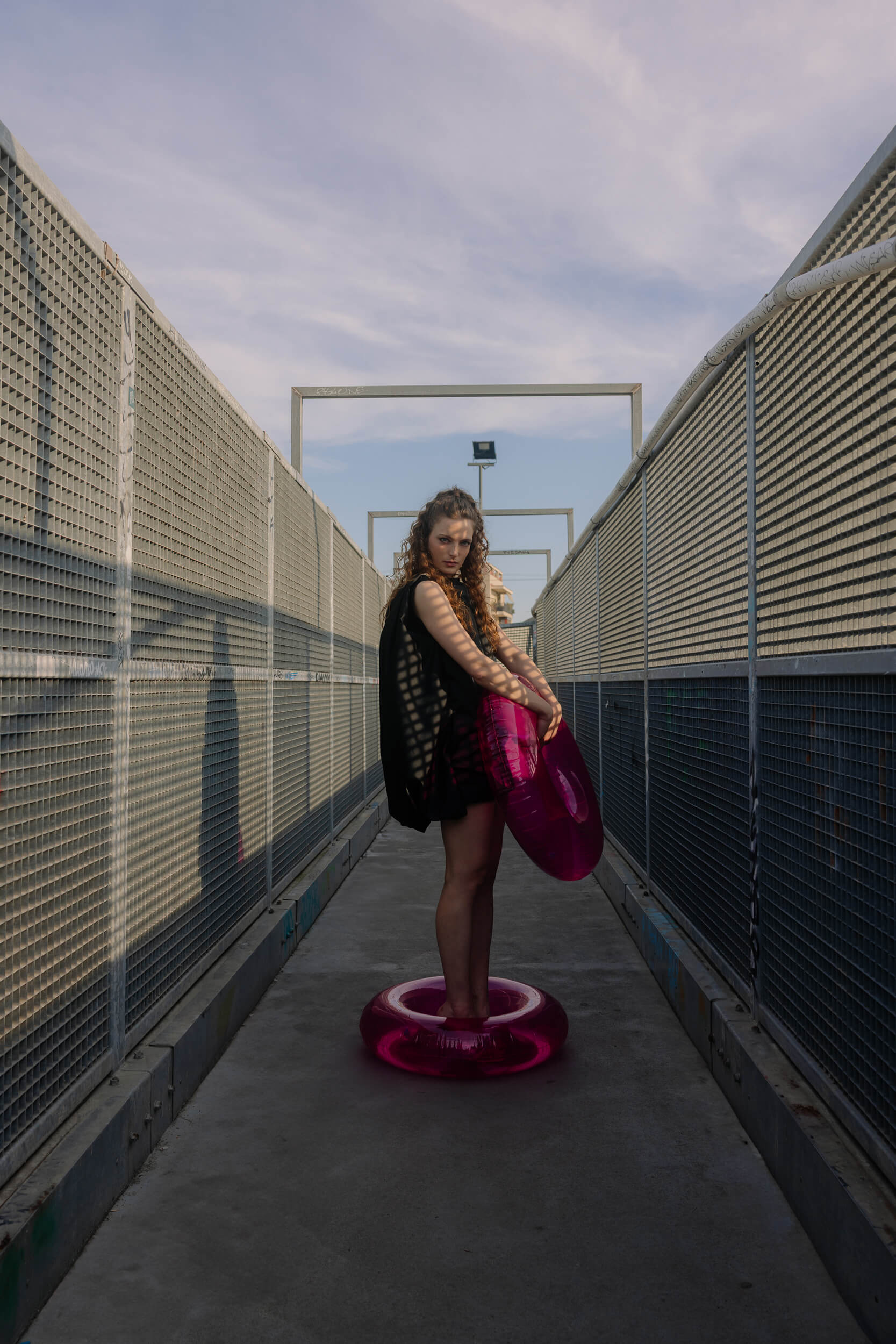
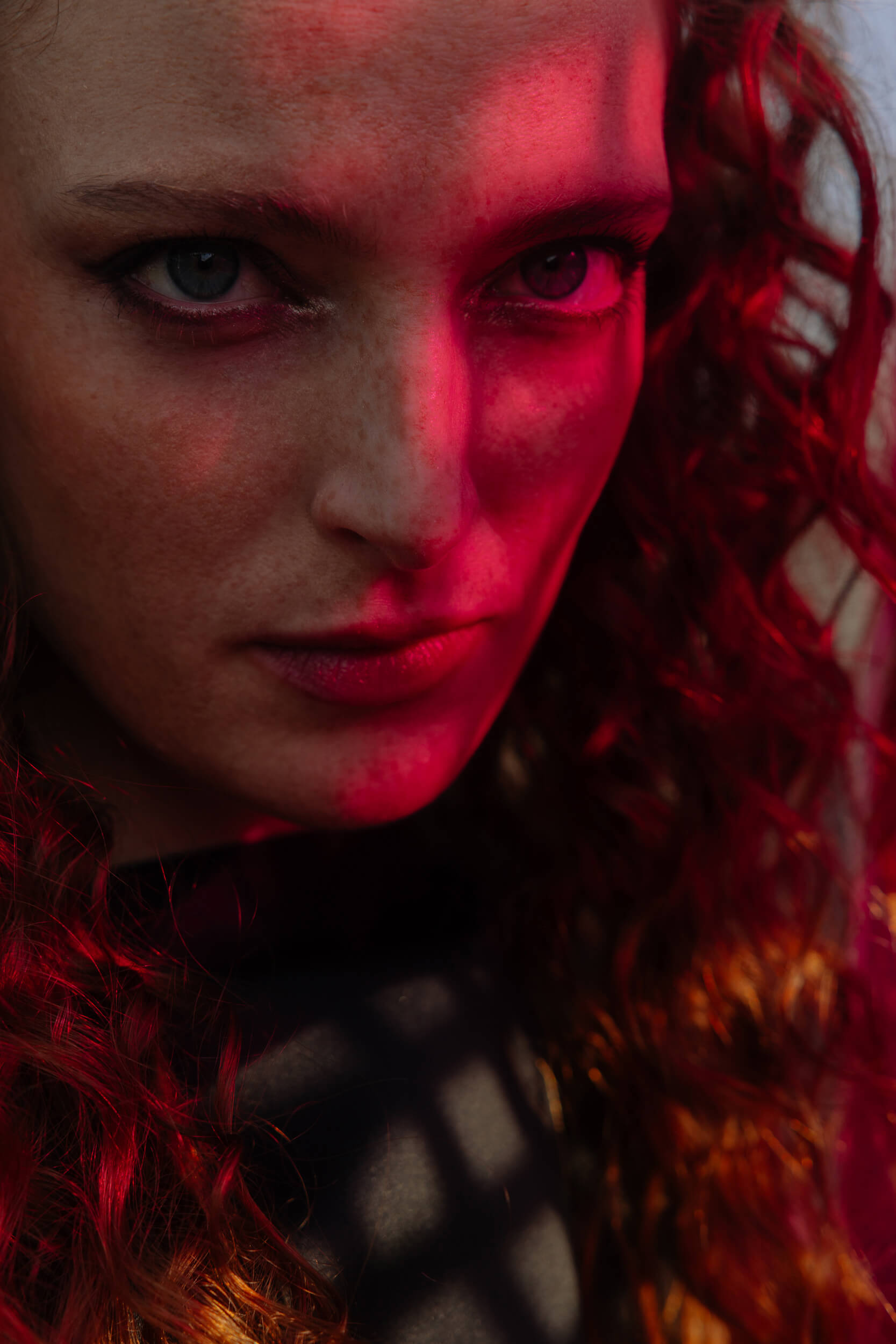
Instead, returning to play Isa in “Gangs of Milano” gave you the opportunity to further explore the character, who is particularly complex and intense. How has Isa evolved in the second season?
Isa is a character I’m very fond of, because what she has to face brings out immense fragility within her, so it was very beautiful to find her again. I love the relationship so difficult but so essential that she has with her brother, also in the second season, where it then has developments. It’s beautiful to see how in these situations of great personal difficulty the reference figures are always the people who love you: those who love you are absolutely essential for survival.
In short, Isa is a beautiful character, complex, who makes you ask many questions about how many difficulties people can experience, difficulties that maybe you can’t imagine when you meet someone, because the mind is unfathomable.
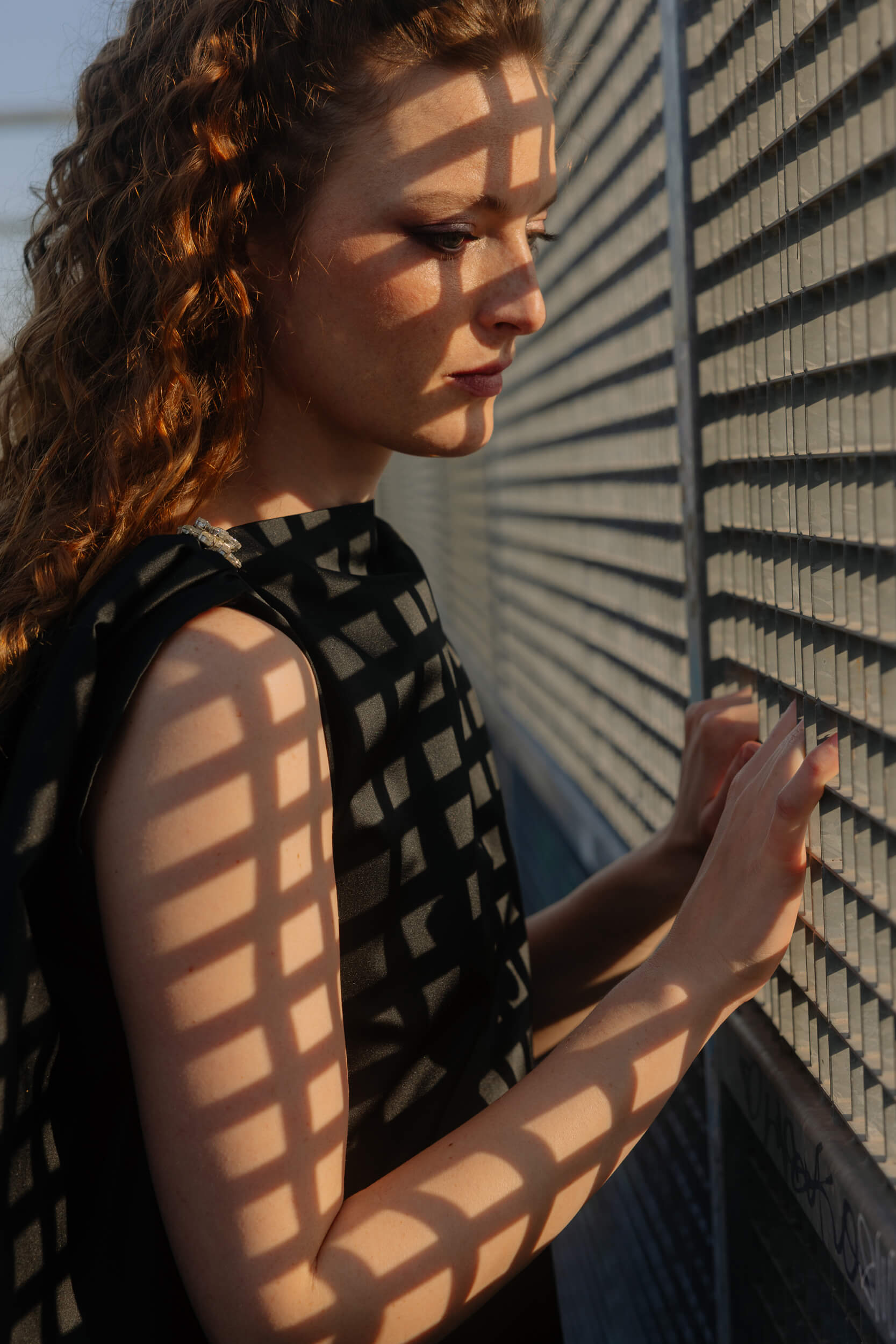
“…in these situations of great personal difficulty, the reference figures are always the people who love you”
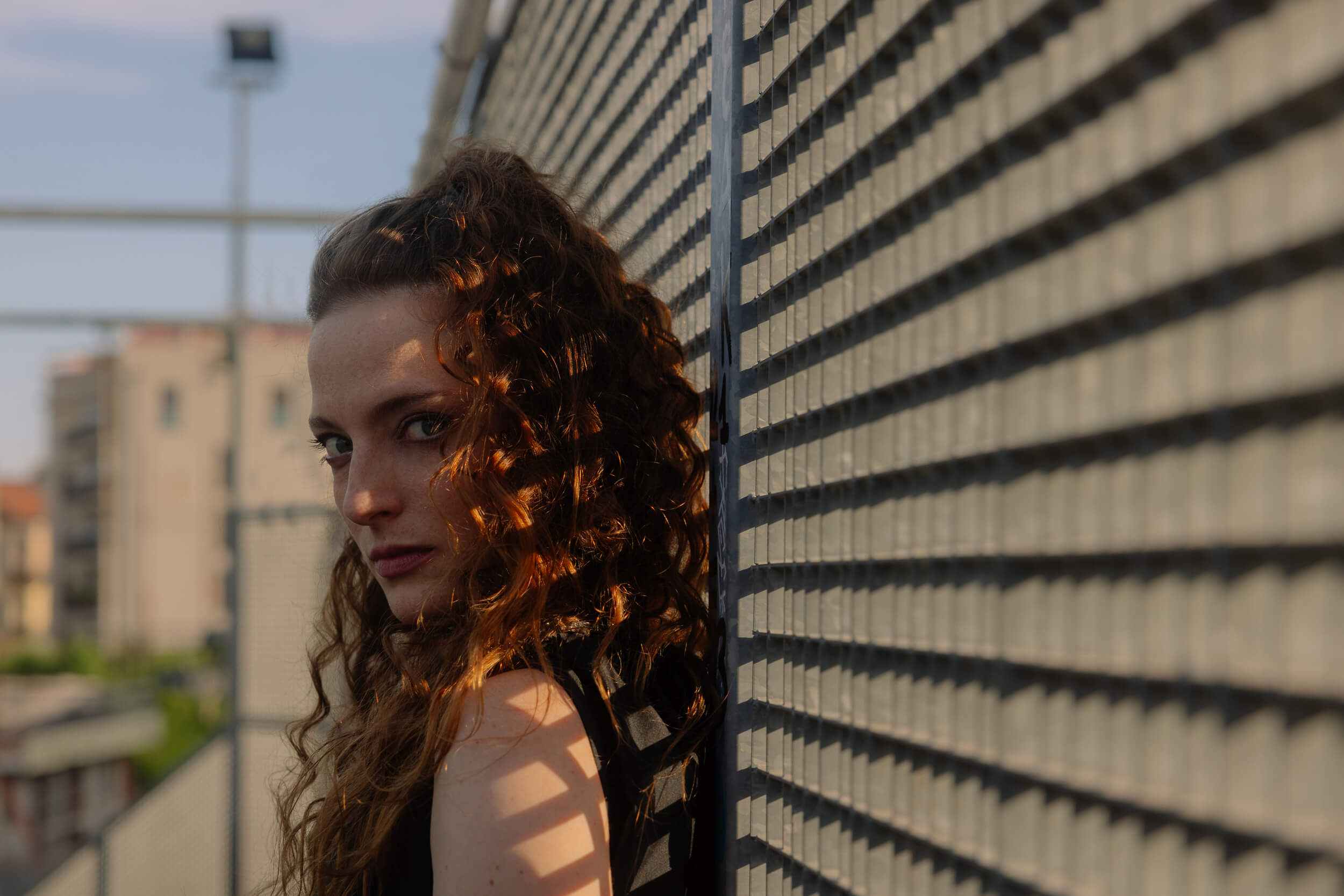
Were there scenes or relationships between characters that particularly struck or surprised you compared to the first season?
There are various things I didn’t expect. Without making too many spoilers, I’ll say that this season is full of plot twists. I don’t think it goes as one expects it to go: watching the first season one might get an idea of what can happen and instead then something completely different happens.
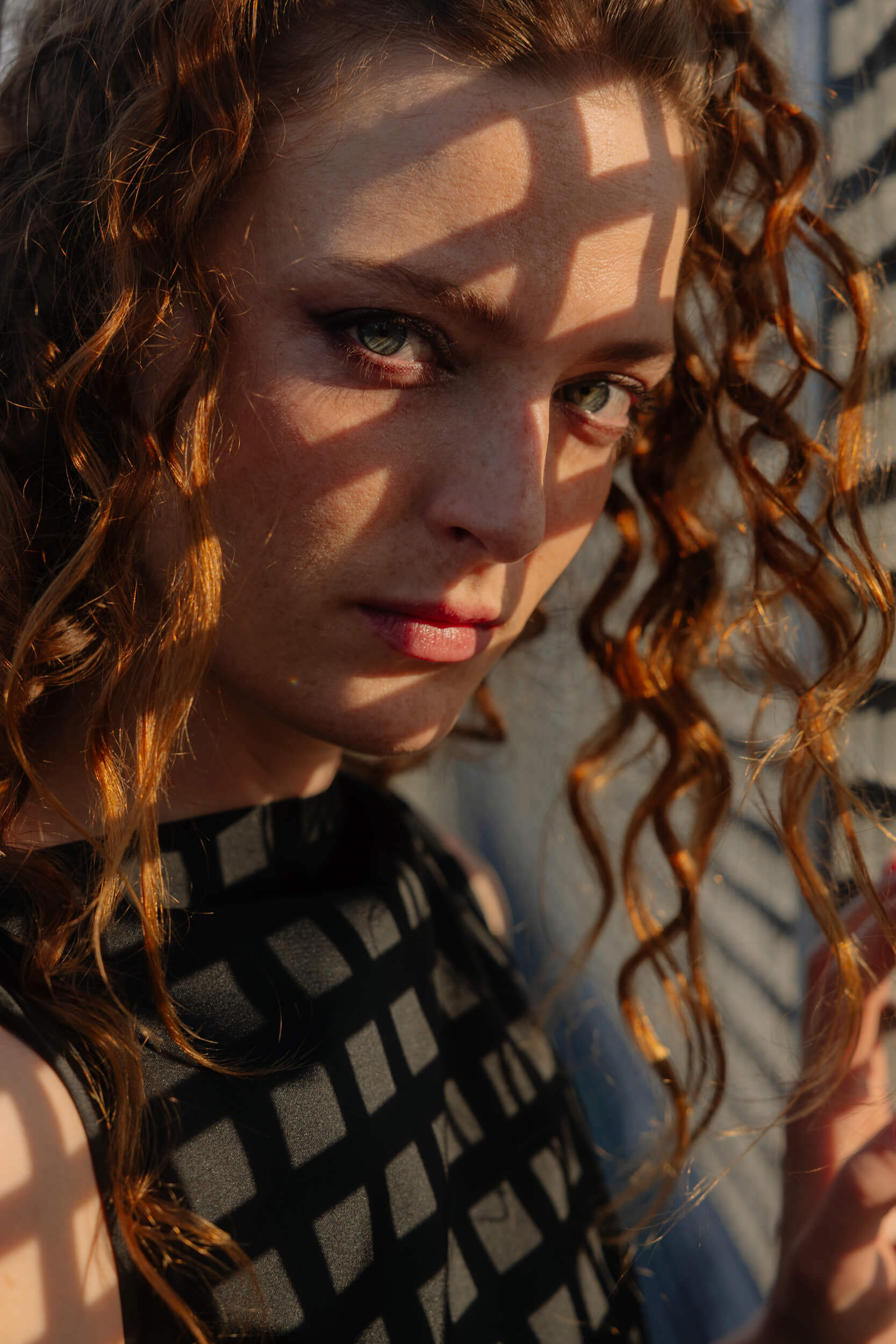
Milan is almost a character in the series. How did you experience the city during filming, and in what way do you think it influences the narrative?
Not having ever lived in Milan I didn’t have a very precise idea of what the city itself was, what energy it sends you… I’m from Florence, and I had an idea of Milan that referred a lot to the stereotype of fashion, office jobs in big skyscrapers. Instead it was interesting to see a completely different slice of the city, which is what the series focuses on: the periphery, the difficult situations that have nothing to do with the idea of Milan that you usually have. Then, cities are always, obviously, full of people, therefore infinitely multifaceted if we think about the various contexts you can find inside them.
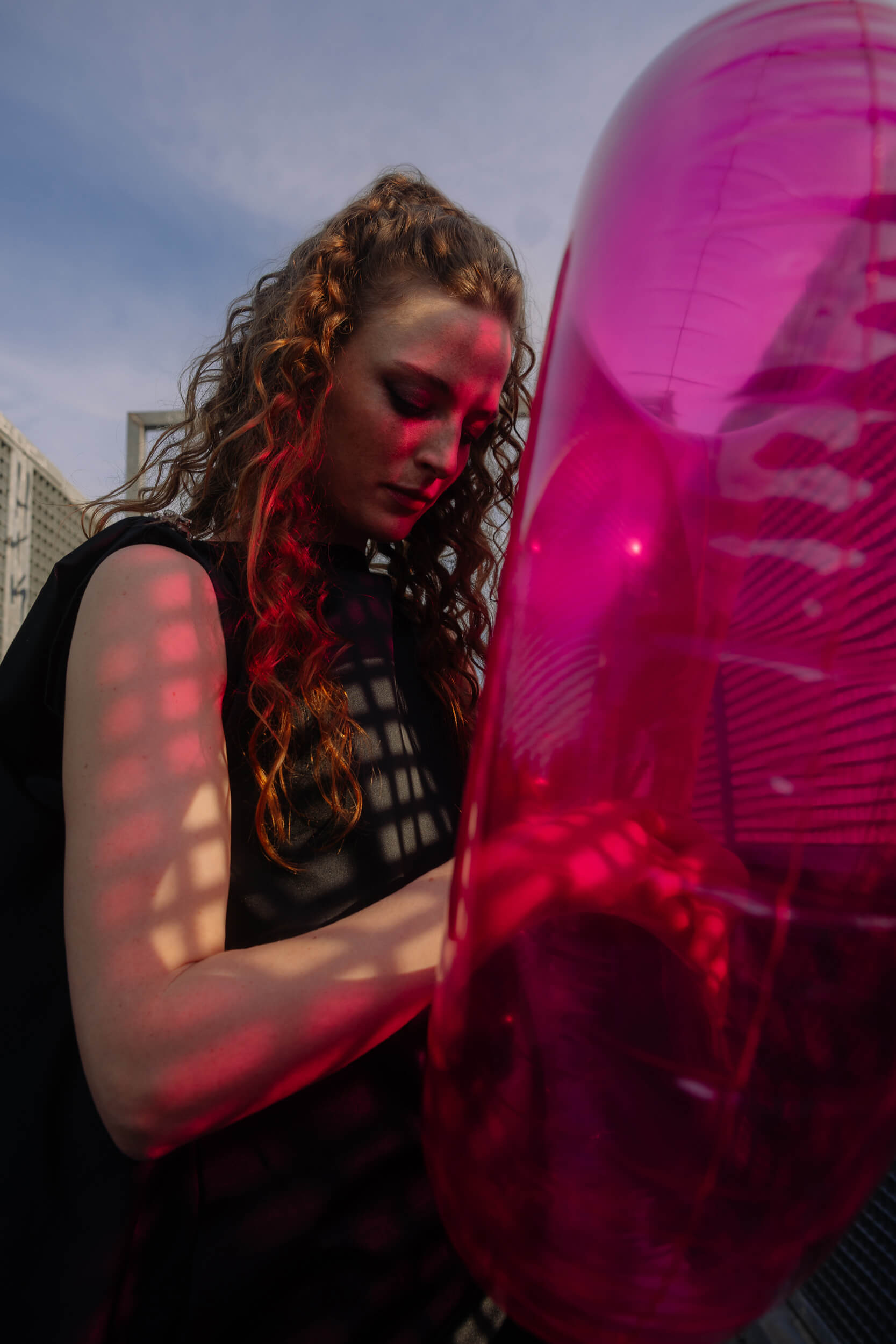
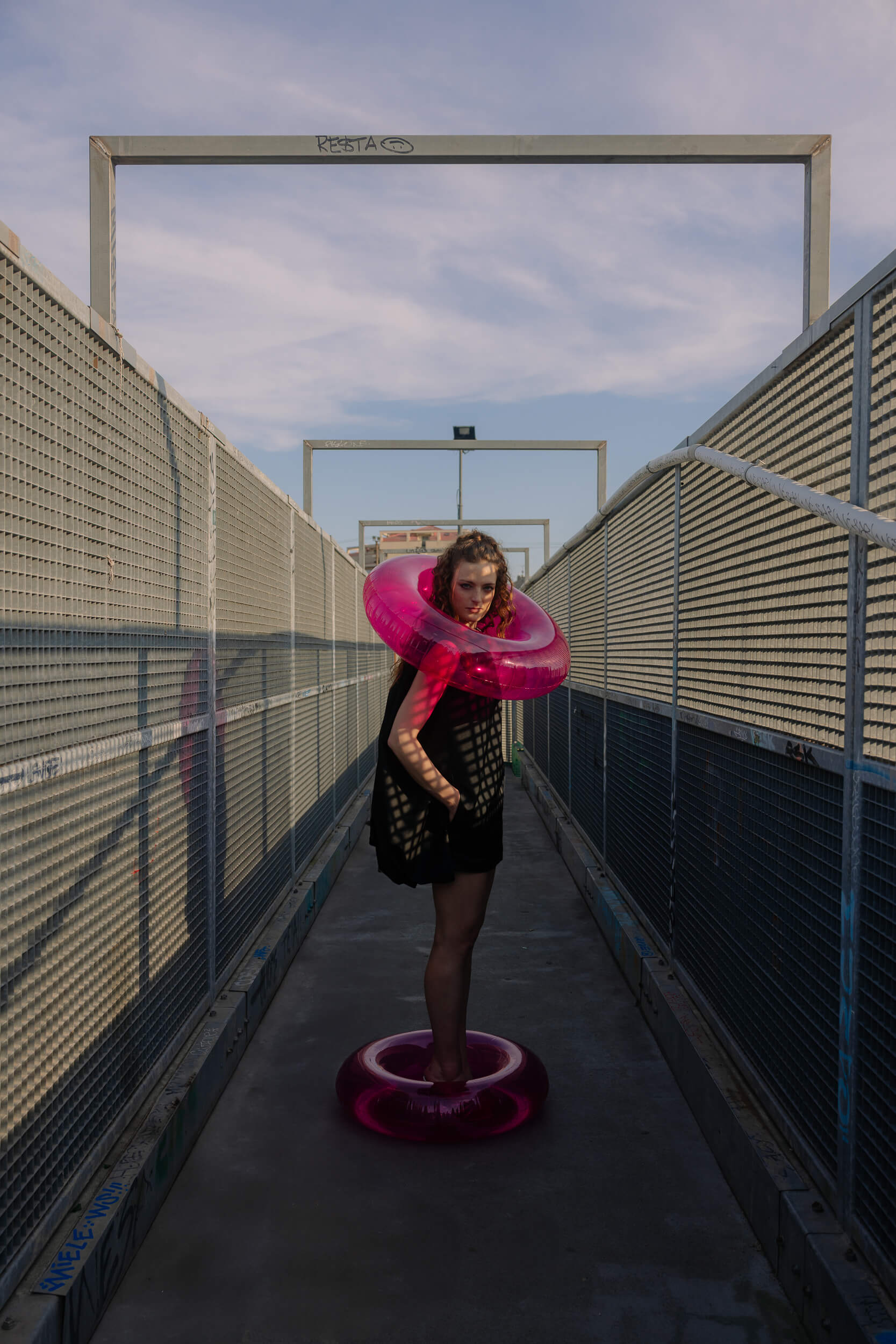
Theater was your starting point. What relationship do you have with the stage today? Do you have theatrical projects in sight?
Unfortunately, in recent years I haven’t had the opportunity to do much theater, which I miss a lot: I’ve done more cinema and television. Now, however, I’ve written my first show of which I’m extremely enthusiastic. So, that will be my next theatrical project, which should perhaps see the light very soon, in London. Then, I can’t wait to bring it to Italy too. I can’t wait to throw myself back into theater.
Congratulations and good luck, then! So, you speak three languages, sing, dance and practice fencing: how much does versatility count in your daily work on set?
I did fencing for many years, I did a bit of dance when I was little, and then body movement related to theater, and all this is obviously fundamental to be multitasking on set. It’s very useful, because you never know what you might be asked, you never know what they’re looking for a certain character. So it’s always better to be prepared on various fronts. Then obviously you can do an in-depth study on a certain skill when you’re hired for a project that requires certain things, so maybe there are many abilities that you can also develop from scratch or almost, preparing for a character, also because it’s impossible to be omniscient.
It’s the beauty of our job, that gives you the possibility, between one project and another, when you have free time, to dedicate yourself to deepening other things.
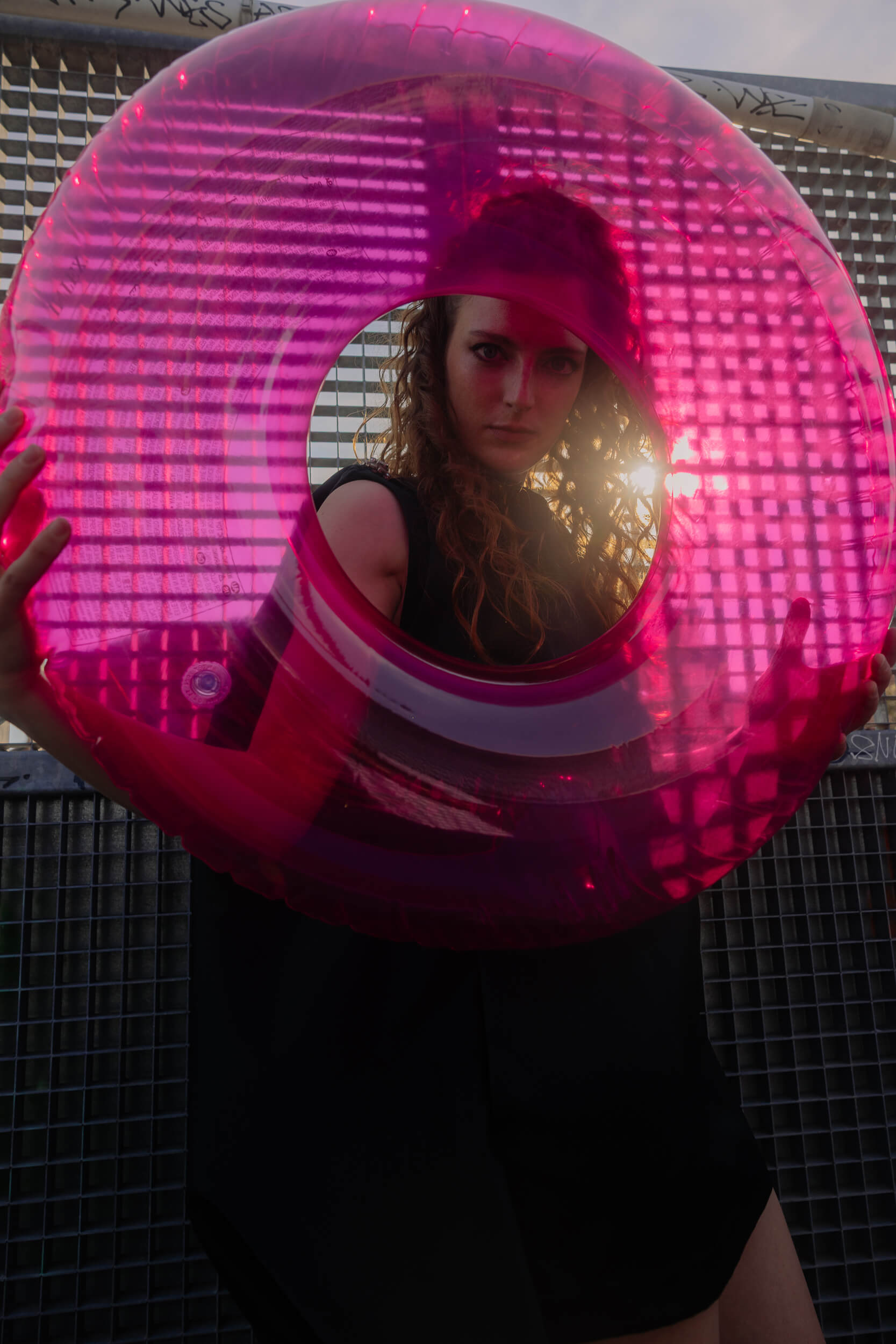
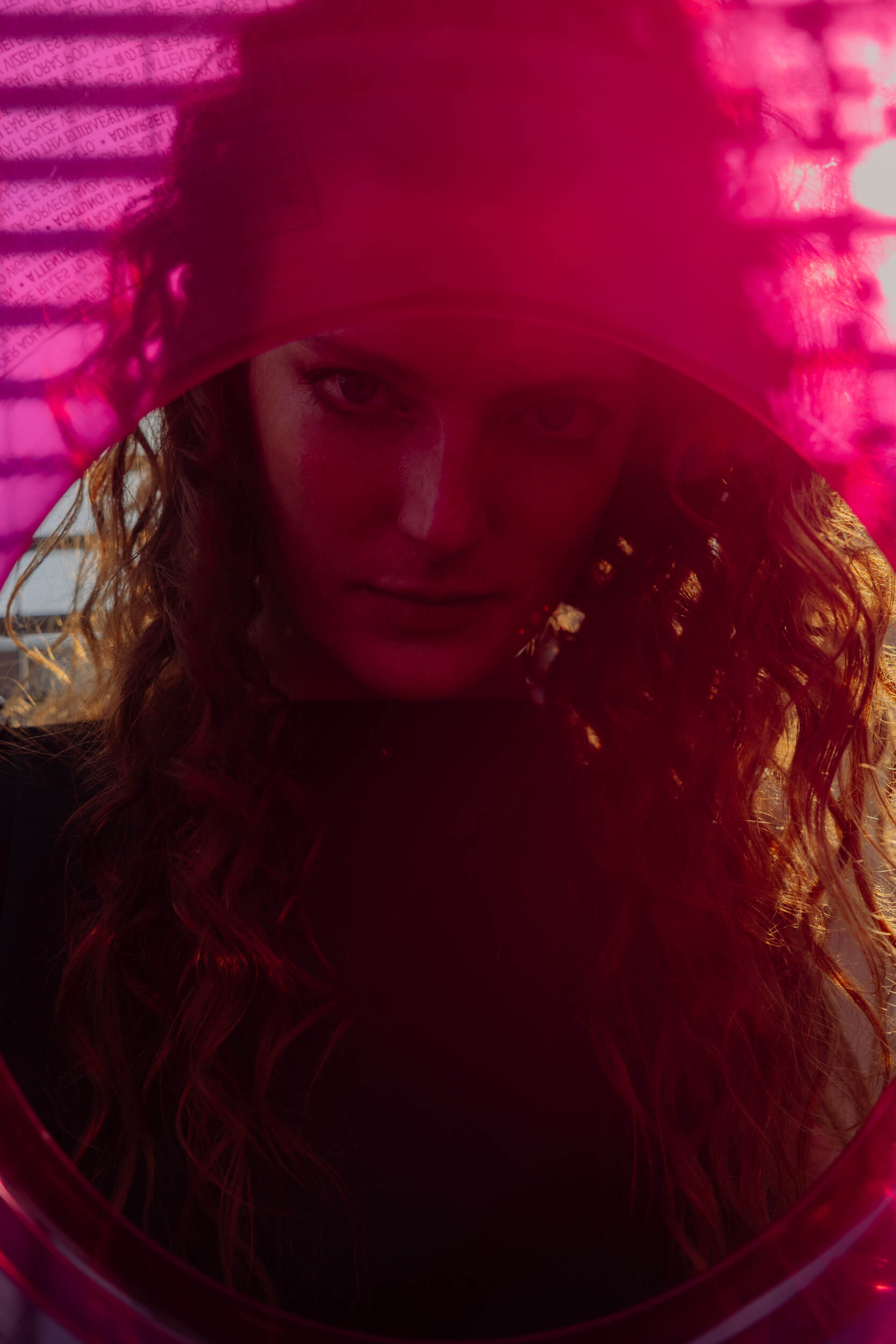
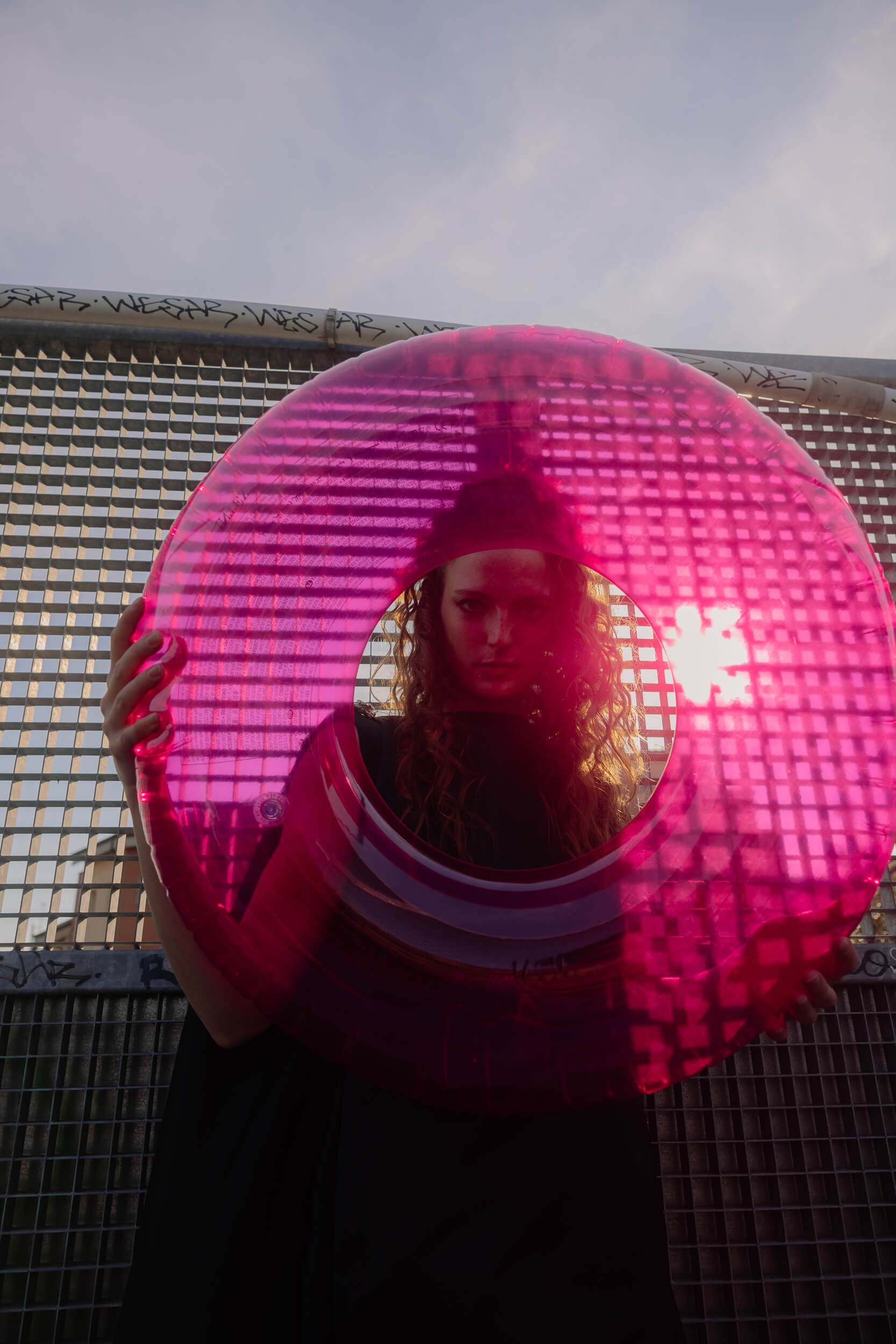
And what’s your must-have on set?
The script! Then, I have rings that I always carry with me, each one with its meaning based on who gave it to me, how and when I found it, etc.: I always carry those with me too.
Instead, what has been your greatest act of rebellion so far?
I think it was precisely when I understood that I wanted to do this job. You know, when you’re a teenager you dream a lot, and I didn’t think then that concretely my life could focus on precisely those dreams there. It took me a lot of courage to decide to give all of myself and do only that. It was therefore an act of rebellion, I think, towards a way of thinking that society instills in us, according to which life goes in a certain way: you finish high school, go to university, then work. Instead, at a certain point I packed my bags and went to Rome to attend the Centro Sperimentale, which obviously didn’t offer me a certain and stable future. My act of rebellion was perhaps imposing myself on the fear that that thing wouldn’t work out and doing it anyway, trying to put everything into it, with the thought that if it didn’t go well, at least I would have tried.
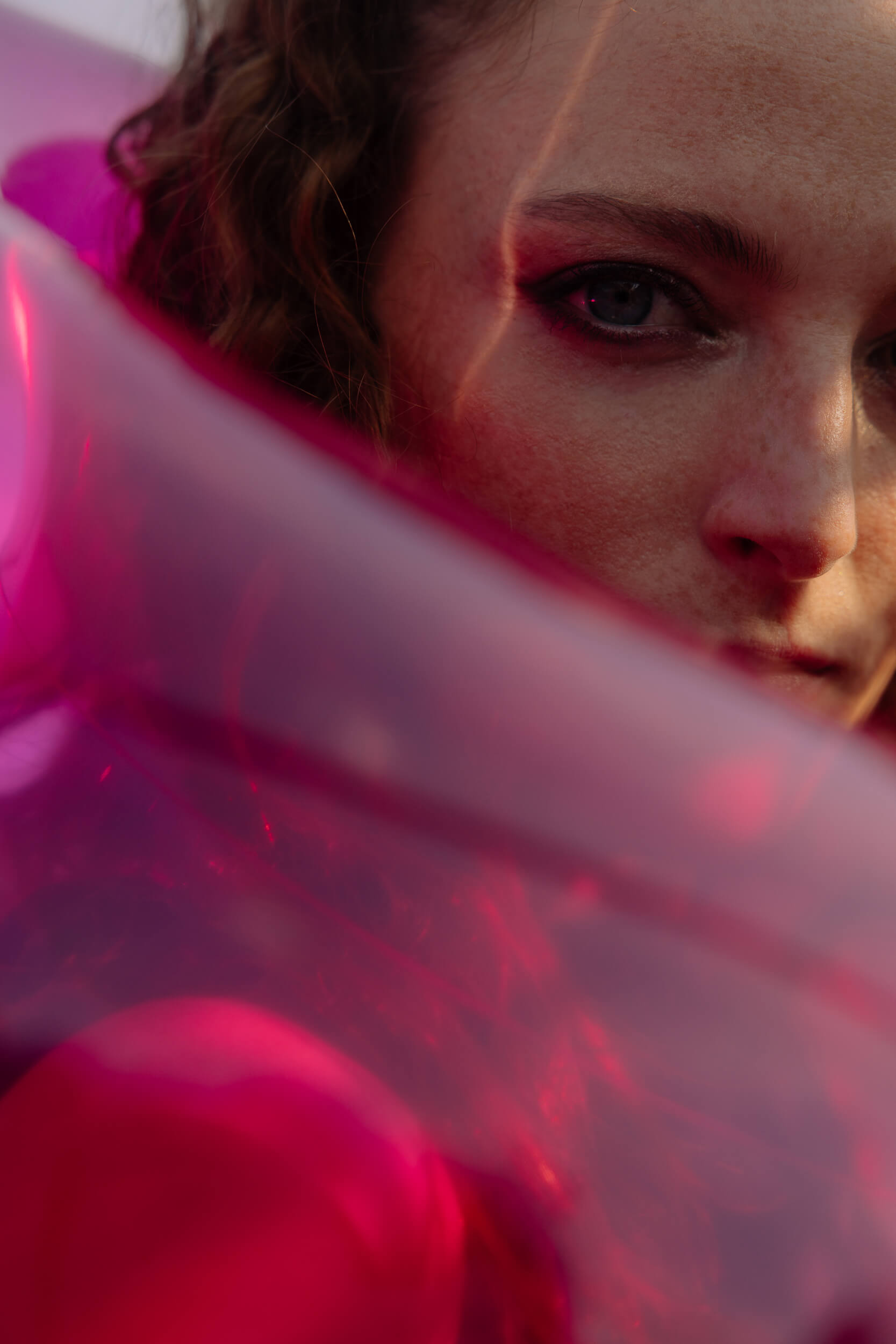
“My act of rebellion was perhaps imposing myself on the fear that that thing wouldn’t work out and doing it anyway, trying to put everything into it”
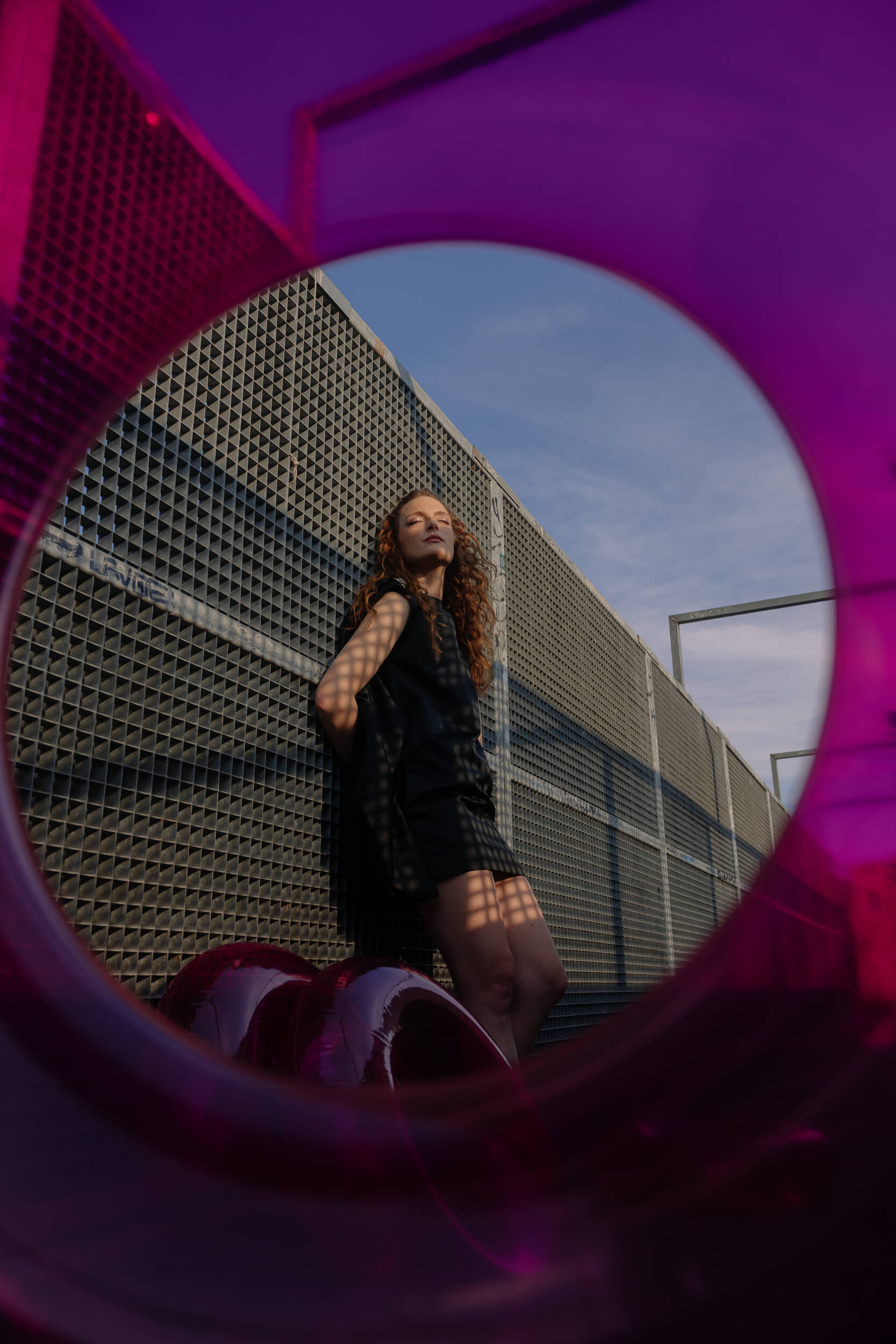
And instead your greatest fear?
Perhaps, always talking about work, it’s not being able to fully give shape to what you want to transmit through a character. You know, characters are precious, because it’s as if they were people: maybe you get an idea of how far you want a certain interpretation to go, for the beauty it implies, for the positive message it can give, and there my fear is not being up to the greatness of what art is in itself. But, it’s a healthy fear, in my opinion, because it makes you always question yourself, it’s a fear that also gives you the desire and wish to overcome it every time and enter the game.
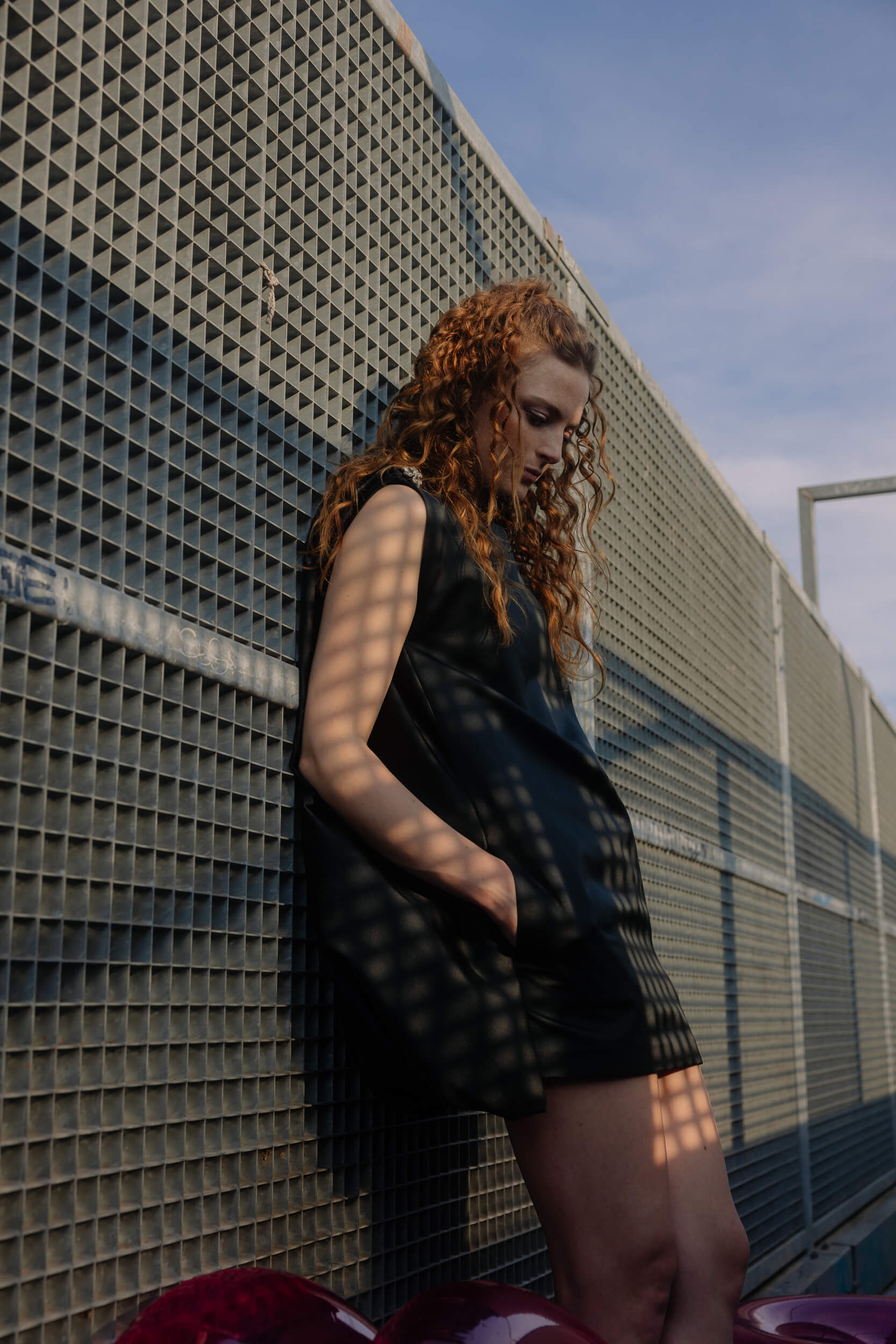
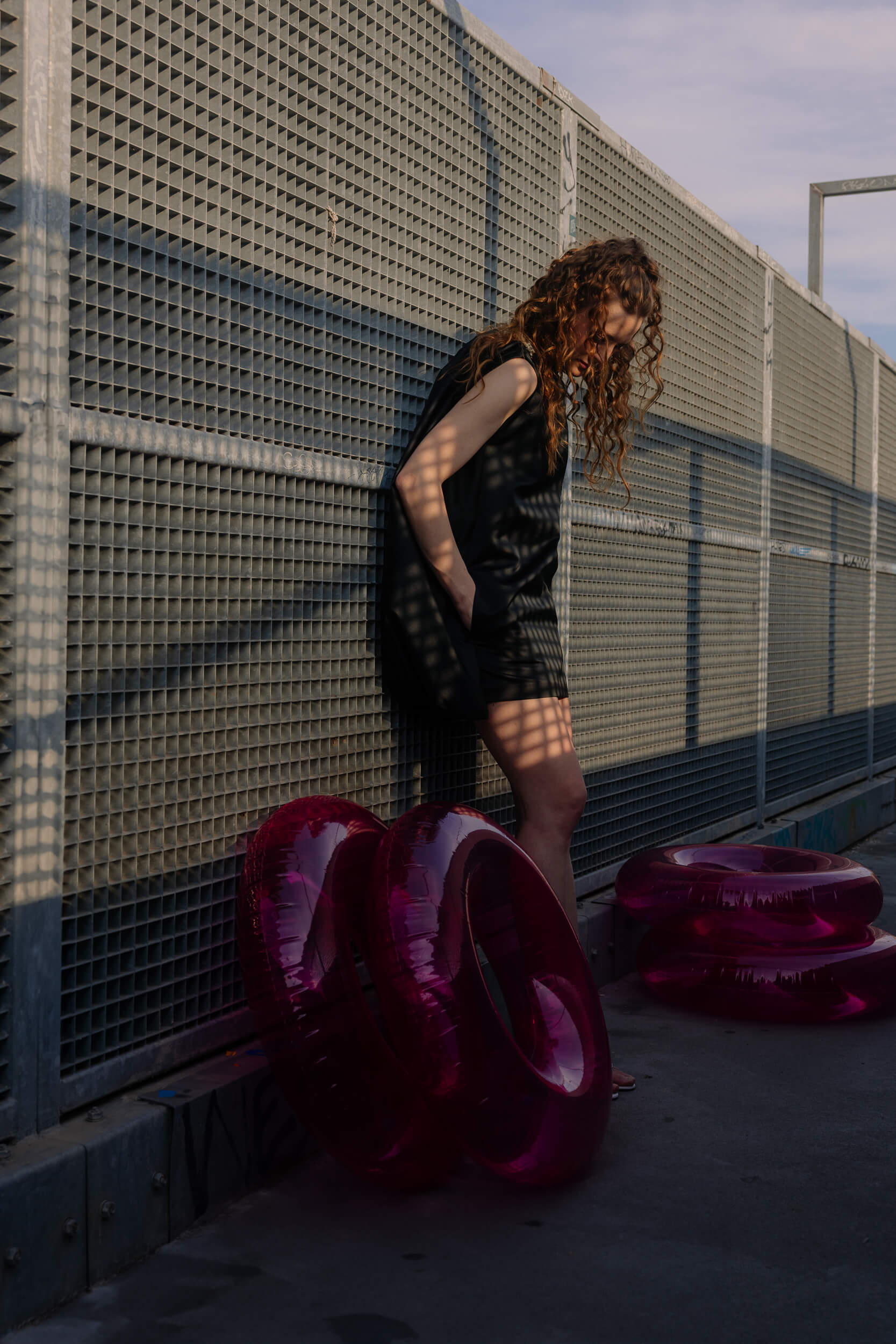
Instead, what’s the last thing you learned about yourself thanks to your work?
Surely, I learned that even when everything seems too complex, difficult, when it seems to you that the possibilities of not succeeding are really very high, I have to try anyway, because the future is unpredictable. Thinking for example of this theater show I wrote, which really excites me so much and that a few years ago I would never have thought of doing, it was a great liberation, a beautiful experience. In short, I learned this, the reticence that gives me the strength to try to do, try to say everything I want to communicate, because by trying, then in the end everything takes shape. I learned not to fear difficulties, because then when you overcome them, the sense of satisfaction is great.
What is the most beautiful landscape in the world for you?
Surely a hilly, countryside landscape. There’s great fascination for me in the countryside, in nature, the peace it gives you is immeasurable, perhaps also because I live immersed in cities now. I feel a bit of nostalgia for that tranquility and that quiet: in the countryside, you hear the little birds, you see the beauty of the landscape, and there’s nothing so great.
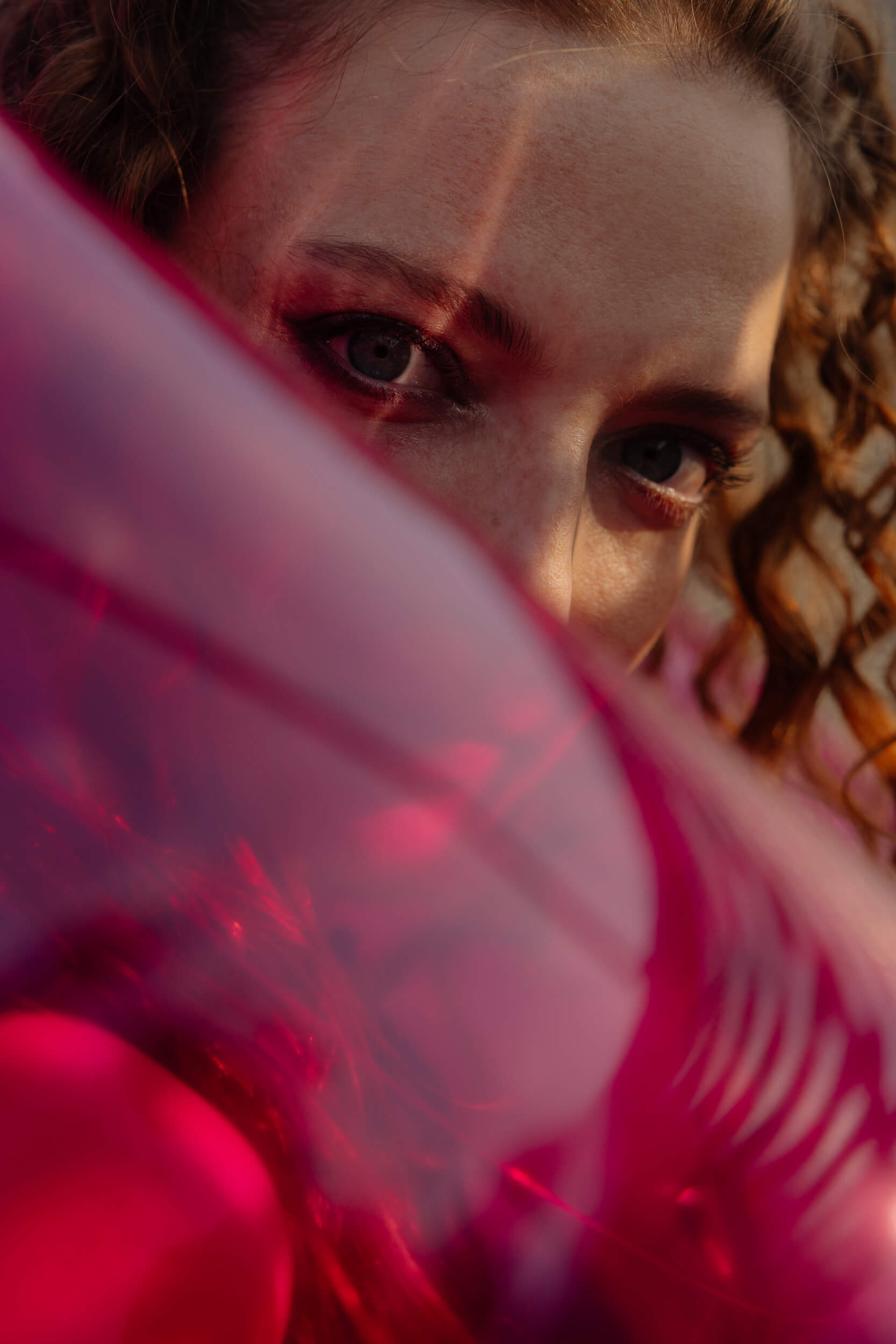
“Because by trying, then in the end everything takes shape”
What is the most beautiful landscape in the world for you?
Surely a hilly, countryside landscape. There’s great fascination for me in the countryside, in nature, the peace it gives you is immeasurable, perhaps also because I live immersed in cities now. I feel a bit of nostalgia for that tranquility and that quiet: in the countryside, you hear the little birds, you see the beauty of the landscape, and there’s nothing so great.
What makes you feel safe and, on the other side, what makes you feel confident?
Perhaps the fortune of having beautiful people nearby who support me. That gives me so much energy.
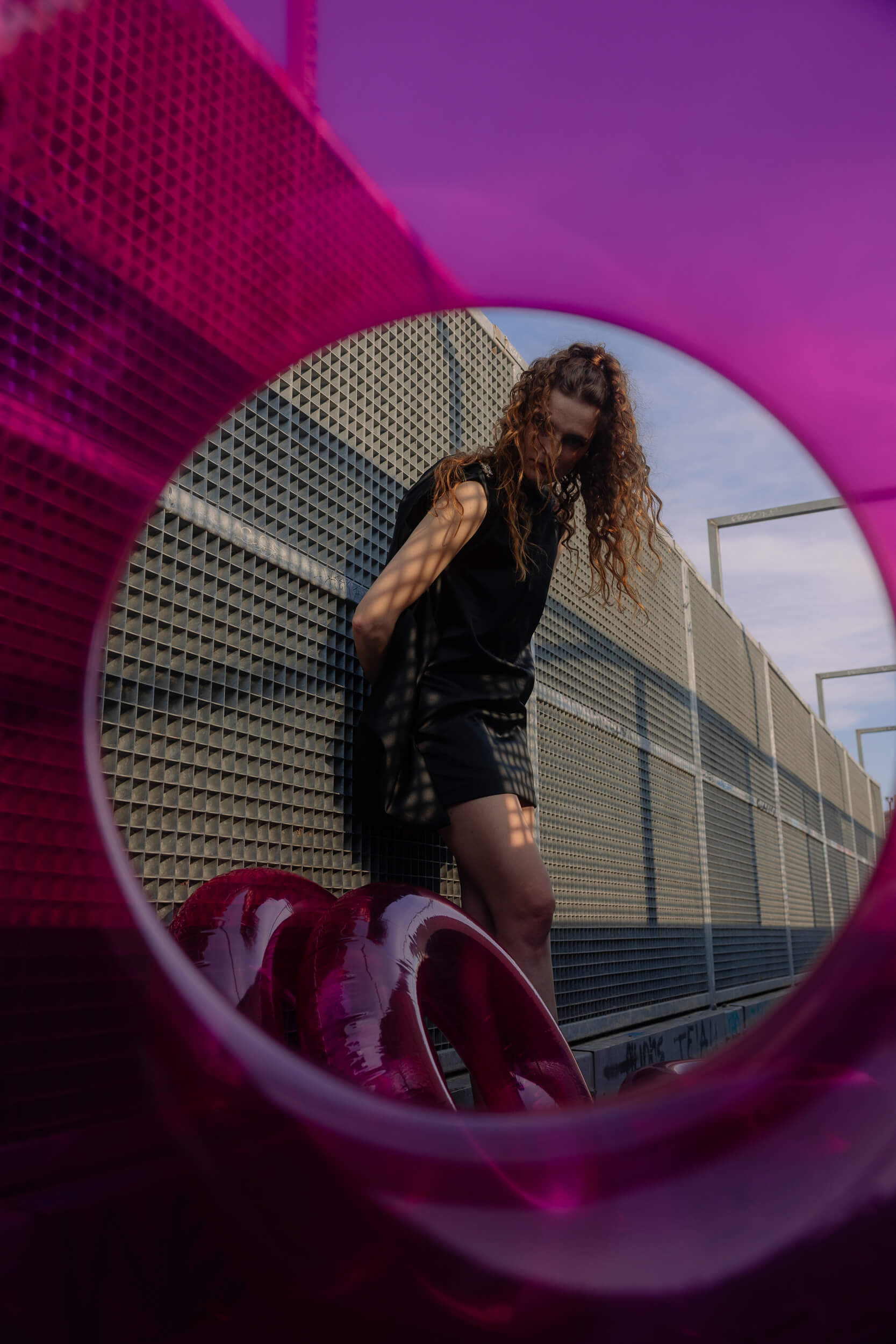
Instead, what makes your day ideal?
First of all, that there’s sunshine. Then, the small beautiful things that can happen in any day: the lady who by chance smiles at you, who you don’t even know; when you feel you’ve completed something that was important to you; eating something good. Those little things that then at the end of the day make me think, “What a beautiful day, today”. Always if you’re able to notice them, because many times they pass in front of you but you don’t notice them, and you end up finishing days with an enormous accumulation of nervousness.
What does it mean for you to feel comfortable in your own skin?
It simply means being where you are without constantly being worried about where you should be, about what you shouldn’t be worried about. Perhaps, it really means being in the present moment, saying “I’m here, let’s see what comes to me”. When you don’t feel comfortable, it’s always because you try to meet the expectations of others or yourself about yourself constantly, and it’s not at all instrumental to achieving a state of well-being.
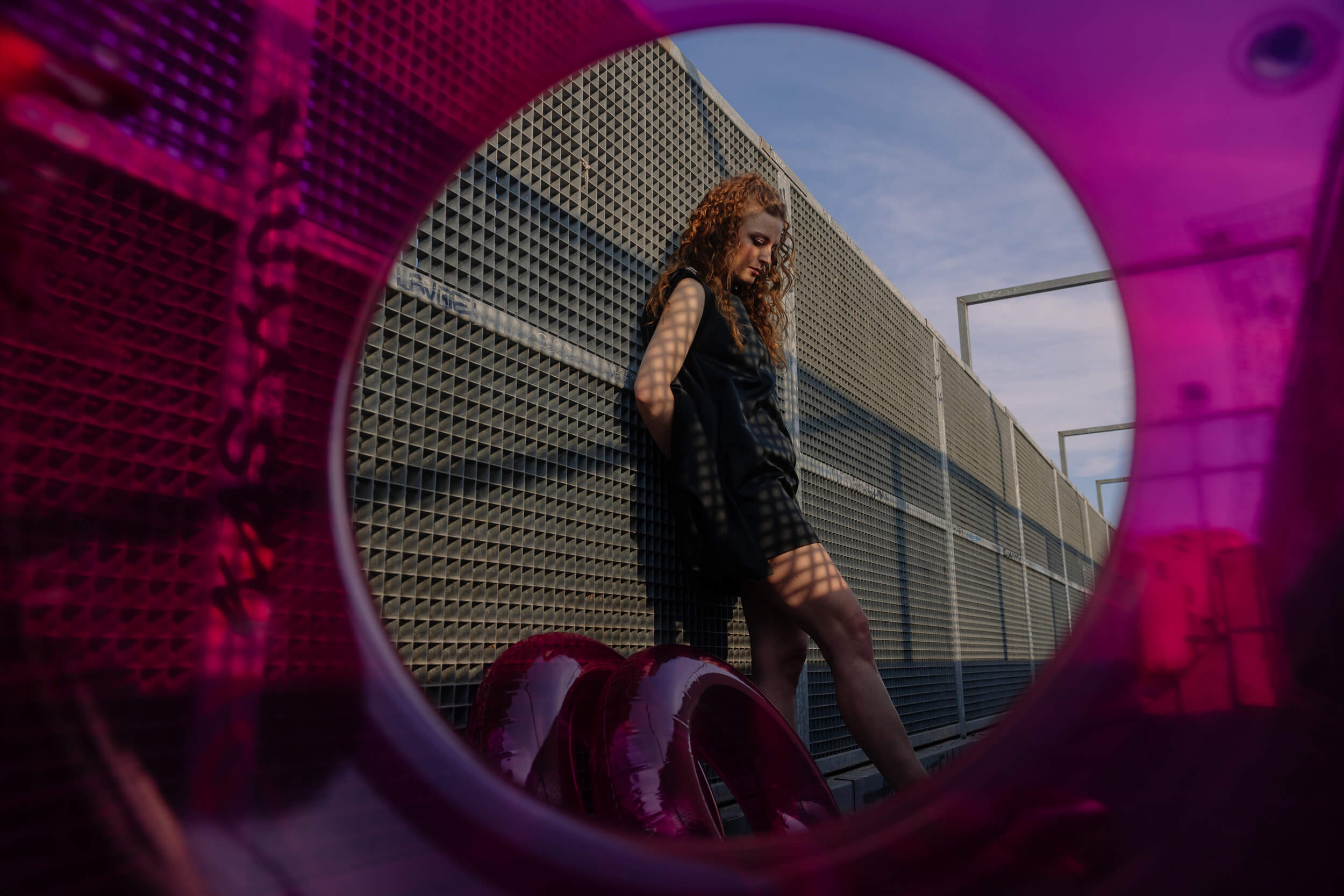
Photos by Johnny Carrano.
Makeup & Hair by Camilla Oldani.
Styling by Ilaria Di Gasparro.
Thanks to MPunto Comunicazione.
LOOK 1
Dress: Ferrari
Shoes: Ferrari
Bracelets: Atelier Ortica
Sunglasses: Kyme
LOOK 2
Total look: Nude Project
Shoes: Cesare Paciotti
Sunglasses: Kyme
LOOK 3
Dress: N21
Shoes: Casadei

